




science

Should we kill disabled babies?
Expert in infant pain says ‘no’ - Page 12
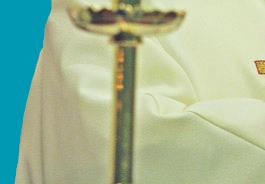

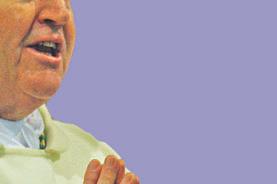







Expert in infant pain says ‘no’ - Page 12



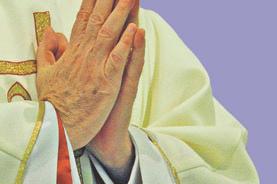
Archbishop PHILIP WILSON of Adelaide defends the Church from criticism by popular spiritual writer and US priest Fr RICHARD ROHR - Page 4
Fluid surrounding child in womb can be source of medically useful stemcells; study adds weight to position of the defenders of embryonic human beings, erodes case for killing and harvesting.
■ By Nancy-Frazier O’BrienWASHINGTON (CNS) - The recent announcement by scientists at Wake Forest and Harvard universities that the amniotic fluid surrounding a child in the womb can be the source of medically useful stem cells is just the latest in a series of studies showing the research value of the byproducts of live birth, according to the deputy director of the US bishops’ Secretariat for Pro-Life Activities.
The announcmeent comes barely two months after Australia’s Parliament voted to legalise the cloning of embryonic human beings so that they could be killed for their stemcells.
Richard Doerflinger told Catholic News Service on January 8 that various studies have shown that the placenta, cord blood, the umbilical cord itself and other byproducts of birth “may all contain very versatile stem cells, with many of the advantages of embryonic stem cells without the practical disadvantages or moral problems.”
“With 4 million live births every year in our country alone, an ample supply of these cells lies readily at hand,” he added. Continued on page 6
not magic - it’s an invitation to eternal life
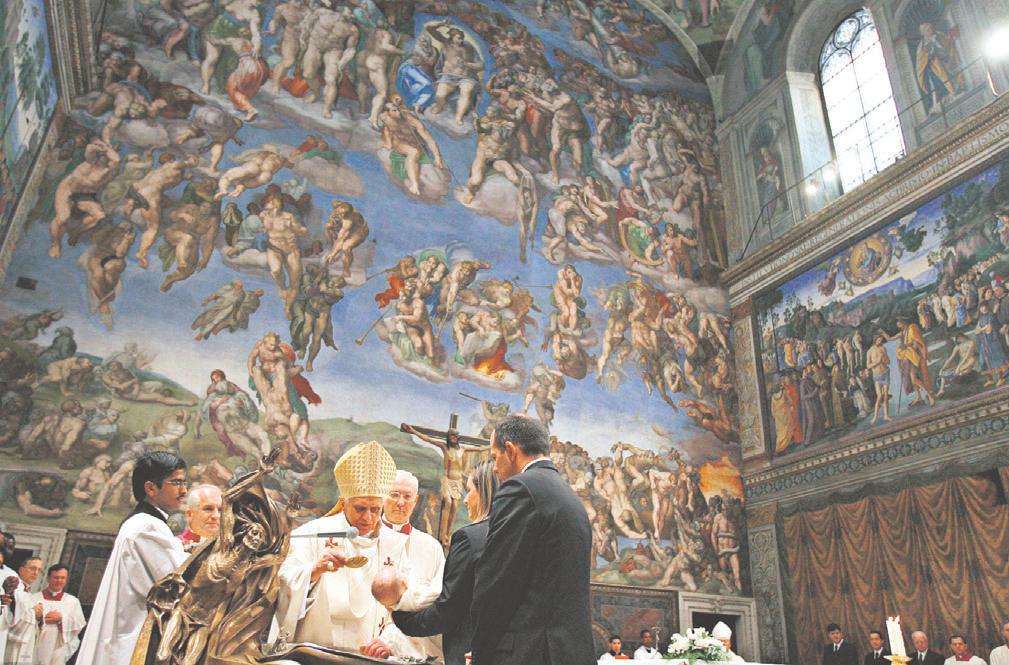
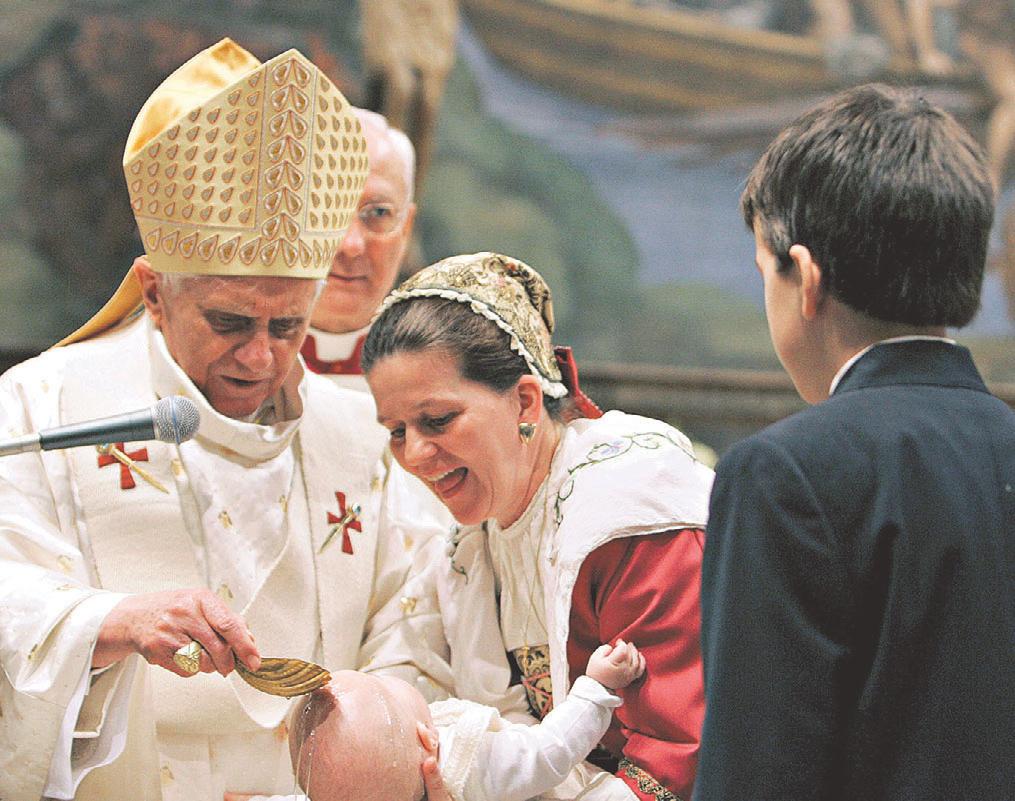
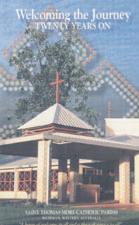
Disability services provider, along with other similar bodies, finds staff retention tough going because of funding shortfalls
■ By Anthony BarichPerth’s biggest archdiocesan welfare agency, disability service provider i.d.entity.wa, is facing chronic recruitment and staff retention problems along with the disability sector throughout the State. I.d.entity.wa is also considering the merits of moving its status to that of a “private” Catholic organisation, so its board has increased decision-making authority. This would mean Archbishop Barry Hickey relinquishing some, possibly most of his decision-making responsibilities for the organisation.
Carlo Calogero, WA state manager of ACROD (originally the Australian Council of Rehabilitation for the Disabled, now otherwise known as the National Industry Association Continued on page 7
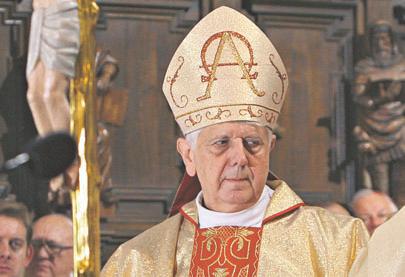
from WA. Page 14
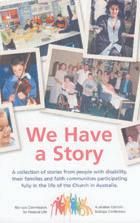
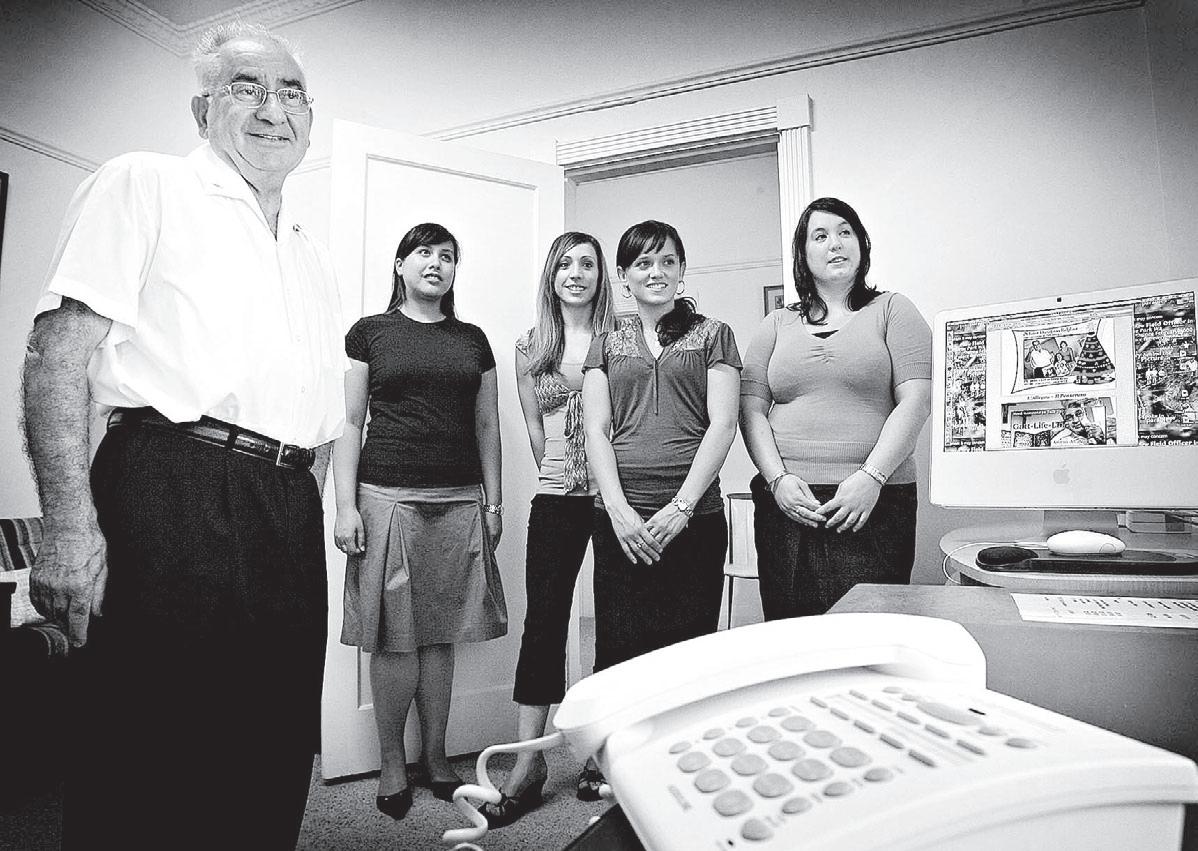
While Christmas is a festive celebration to be enjoyed by most people, it can also be a stressful time, says parish priest Father Michael Gatt.
Fr Gatt’s 24–hour Christmas Helpline, now in its 15th year, is available for people who are lonely, depressed, under financial pressure or are suicidal over the Christmas period.
Fr Gatt’s team of volunteers offers a confidential counselling and referral service at a time when many support services are closed. They can make home visits or contact professional services such as doctors and psychologists, if needed.
“The festive season is fine if you’re happy, if you have a good home and you are safe, but for
The Parish. The Nation. The World. EDITOR
Peter Rosengren Letters to: cathrec@iinet.net.au
JOURNALISTS
Mark Reidy reidyrec@iinet.net.au
Sylvia Defendi (Parish/State) sdefendi@iinet.net.au
Anthony Barich (Parish/State) anthonybarich@hotmail.com
Paul Gray (National) cathrec@iinet.net.au
Bronwyn Clune (International) clunerec@iinet.net.au
OFFICE MANAGERS inc. sales/subscriptions
Linda Jolliffe recaccounts@iinet.net.au
Cathy Baguley administration@therecord.com.au
PRODUCTION
Terence Boylen production@therecord.com.au
587 Newcastle Street, Leederville
Post:
many people this is not the case,” Fr Gatt said.
“It is about people helping people.”
The “Gattline” will operate until the end of the month, 24 hours, seven days a week.
Contact gattline@bigpond.com or call 9444 1334 or 9444 8650. See the website www.stkierans-osbornepark.org.au for further details.
...areyoucalledtotheBenedictinelifeofdivine praiseandeucharisticprayerfortheChurch?
Contact the:




World Youth Day 2008 has announced details of its accommodation, meal and transport packages available to pilgrims travelling to Sydney, Australia for the world’s biggest youth celebration.
A key feature of the pricing has been the ability to keep package costs for pilgrims from low income countries below the price of the comparable package for WYD 2005.
WYD08 Coordinator Bishop Anthony Fisher OP said the packages were also designed to encourage maximum participation by pilgrims from Australia’s neighbours in South East Asia and the Pacific.
“We know that for many people in Oceania, this may be the only chance they have to attend a World Youth Day,” Bishop Fisher said.
“With this in mind, one of our guiding principles was to ensure that pilgrims from developing nations in Oceania pay as little as possible to attend WYD in 2008.
“In fact, package prices for pilgrims from low income countries will, in almost all cases, be lower in Sydney than they were for World Youth Day in 2005.
“Furthermore, we have man-

aged to keep package prices for pilgrims from lower middle income nations at roughly the same levels as 2005.”
Bishop Fisher said organisers also achieved a commitment to keep all packages priced below $400.
“The top package includes an extra night’s accommodation compared with WYD 2005, 18 meals and bus, rail and ferry transport for registered pilgrims in Sydney across the WYD week,” he said.
“Emergency health insurance cover is included for all registered pilgrims and the WYD08 visa will be free of government charges. Registered pilgrims will also receive a WYD08 backpack with program books and the passes required for various services and for preferential access to key event venues.”
Sydney is hosting the XXIII World Youth Day and the tenth international WYD from 15-20 July 2008.
World Youth Day, the largest youth event in the world, is expected to attract up to 500,000 pilgrims, including up to 125,000 international visitors.
WYD 08 - much achieved much more to go
With less than 80 weeks to go, those heading preparations for the upcoming World Youth Day 2008 (WYD08) said that many milestones had been achieved during 2006. However, much work still lies ahead as the country prepares to host the world’s largest youth event.
WYD08 coordinator Bishop Anthony Fisher OP said several major announcements were expected to be made this year including sites for major events, significant business partnerships and details of registration and pilgrim packages.
“We have been working on comprehensive plans to ensure we are ready to open our doors to the world in July 2008,” he said.
Bishop Fisher said the WYD08 campaign started in April with the official handover of the World Youth Day Cross and Icon of Our Lady at the Vatican to Australian youth delegates from around the nation.
This was soon followed by the launch of Activ8, a two-year preparatory program for Australian Catholic school students and teachers.
“We completed our event master plan and presented it to the Pope’s World Youth Day delegation - the Pontifical Council for the Laity (PCL) - when they visited Australia in October,” he said.
The visit culminated with the announcement that Randwick Racecourse in Sydney would be the venue for the Final Mass, to be celebrated by Pope Benedict XVI on the morning of Sunday July 20, 2008.
“It will be the biggest Sunday morning service Australia will have ever seen,” Bishop Fisher said.
The year also featured a national song competition to find an Australian anthem for WYD08, which drew an impressive 115 entries.
“A short-list of songs is now being assessed and ‘road-tested’ ahead of the winner being announced in April 2007,” Bishop Fisher said.
WYD08 also opened its online merchandising store, providing a range of products designed to help local communities raise funds for the event, said Chief Operating Officer Danny Casey.
For more information visit: www.wyd2008.org

The Trustees of the KSC Education Foundation Inc (a project of the Knights of the Southern Cross) take pleasure in announcing the award of scholarships to the following teachers of Religious Education in Catholic Schools for further study at the University of Notre Dame Australia in 2007.
Megan AndrewsSt Mathews Primary SchoolNarrogin
Aaron BakerMandurah Catholic CollegeMandurah
Oliver BanksSt Luke’s Catholic PrimaryWoodvale
Gavin Bell Trinity CollegeEast Perth
Maureen DelaneyNewman CollegeChurchlands
Andrew Donaldson Prendiville Catholic CollegeOcean Reef
Christopher DunningSt Brigid’s SchoolCollie
Velma ErskineSt Bridgid’s CollegeLesmurdie
Peta GrayLoretoNedlands
Lynda Greene Queen of ApostlesRiverton
Tracy HillDawesville Catholic PrimaryAlbany
Penelope KimbleIona Presentation CollegeMosman Park
Elizabeth MagennisSt Luke’s CollegeKarratha
Rosa MartelliSeton Catholic CollegeSamson
Nikolas MartinskisTrinity CollegeEast Perth
Gobnact MayBunbury Catholic CollegeBunbury
Helen MooreSt Luke’s CollegeKarratha
Luka PetrovicCorpus Christi CollegeBateman
Annette QuirkSt Brigids SchoolCollie
Richard SellwoodMazenod CollegeLesmurdie
Kevin SheehySacred Heart CollegeSorrento
Joanne SmithJohn Paul CollegeKalgoorlie
Rosa SperanzaMercedes CollegePerth
Jenneth StibiSt Norbert CollegeQueens Park
Nicola SullivanSt Andrew’s Catholic PrimaryClarkson
Bee Suan TanSt Mary’s PrimaryKalgoorlie
Sasha TysonSt Joseph’s CollegeAlbany
Colleen WheelerTrinity CollegePerth
Margaret WilliamsonSt Lawrence PrimaryBalcatta
Seminarians Redemptoris Mater Seminary Morley
The Trustee would like to thank all applicants and congratulate the recipients. Neville Ward, Secretary, KSC Education Foundation Inc.
1795 - 1850
feast – January 22
This founder spent his entire life in Rome. Even as a youth he was devoted to Mary and the poor. Ordained in 1818, he taught theology at La Sapienza University before dedicating himself to religious and charitable works in collaboration with laypeople. In 1835 the Society of the Catholic Apostleship, or Pallottine Fathers, emerged from his work, and an order for women also was founded. Pope Paul VI said Vincent “anticipated a discovery by almost one hundred years. He discovered in the world of laypeople a great capacity for good work.”
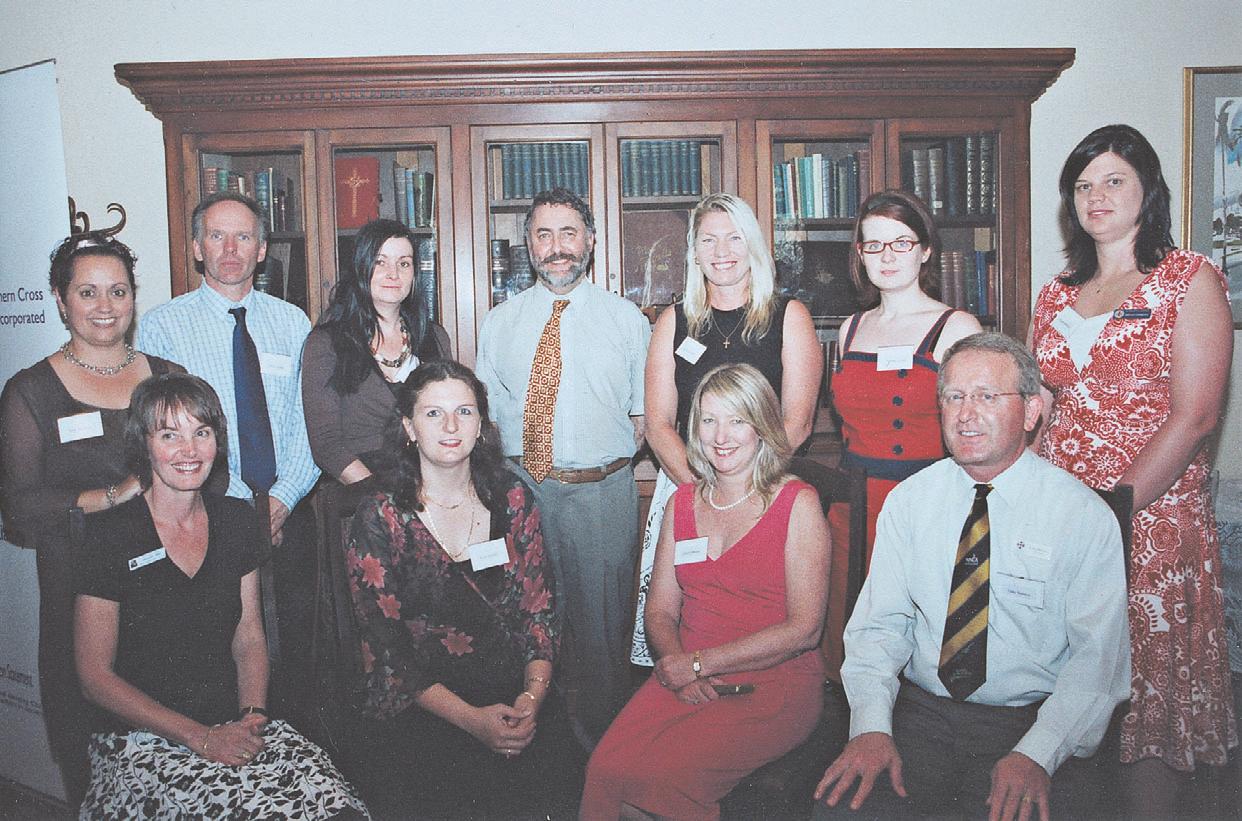
In a bid to ensure that there is a satisfactory level of religious education provided to students in Catholic schools, the Knights of the Southern Cross have awarded 29 scholarships to RE teachers wishing to return, continue or complete their study of the faith.
Over 350 teachers have received assistance from the Knights through their Education Foundation, since Archbishop William Foley approached the order in 1990, identifying the everdecreasing number of priests and religious teaching in schools.
Archbishop Foley proposed a program that would assist lay teachers through courses available at the University of Notre Dame.
A trust was then set up by member of the Knights, Frank Waldron, which has since awarded over $500,000 in scholarships towards the furthering of faith education.
This year, 35 applicants from
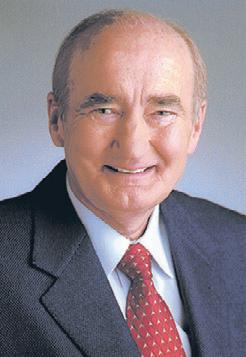
across Western Australia requested assistance from the Knights. Twenty-nine of these applicants fulfilled the selection criteria and were awarded their scholarships on December 12, 2006.
Former state chairman of the Knights, Peter Lewis, presented the scholarships at the Catholic Education Offices on behalf of the foundation, while professor Peter Dallimore, on behalf of vice chancellor of Notre Dame University, Dr Peter Tannock, and acting director of CEO, Mary Retel, representing director of CEO, Ron Dullard lent their support in congratulating the recipients.
However, the lucky 29 who fit the criteria were not the only ones to benefit from the foundation this year. In the spirit of furthering faith education the foundation has also donated $17,000 to the Redemptoris Mater Seminary in Morley to aid education costs.
There is no limit to the number of times one can apply for the scholarships, which can fund up to
two religious education units at the University of Notre Dame.
This year, not all applicants will be using their scholarships to begin further study, as some may be half way through and others nearing the end. More specifically, the scholarships particularly aid those wishing to gain accreditation in order to teach RE, teachers requiring accreditation to lead a Catholic school as principal and those from remote areas who may find it difficult to continue study.
“There is an ongoing demand for these scholarships,” said state executive officer of the Knights, Chris Hunt, adding that as long as there is a demand, the scholarships will continue as long as possible. With all funds from the Trust going towards furthering religious education, opportunities for scholarships are very much available.
For more information regarding the scholarship program, contact the Knights of the Southern Cross on: 9470 4922 or by emailing: kscwa.office@perthcatholic.org.au.


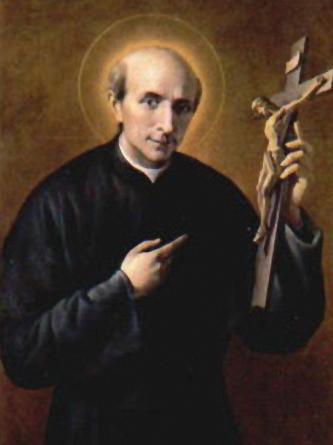

Australian Catholic Bishops Conference president, Archbishop Philip Wilson, hits out against Fr Richard Rohr’s “sweeping condemnation of priests” and the Church’s celebration of the Liturgy
When interviewed by Stephen Crittenden for The Religion Report on ABC Radio National (November 15), Fr Richard Rohr OFM drew his listeners’ attention to rich elements of the Catholic tradition.
One of the elements described was the pattern of Franciscan life, shifting between contemplation and action.
Fr Rohr pointed out that this spirituality had its origin in the life and ministry of Jesus, the preaching of St Paul and the mysticism of Francis and Bonaventure among others.
This long tradition remains fresh and life giving, he told us: It offers much to those seeking spiritual understanding today.
However, the major part of Fr Rohr’s interview gave a poor account of the life of the Spirit in the Church.
He largely dismissed the Catholic Church’s celebration of the liturgy today and he condemned what he saw as the contemporary understanding and expression of the priesthood.
Not only are these condemnations inaccurate and unfair, they show little understanding of the real challenges facing the Church.
These are difficult times for the Church. The world is changing rapidly in directions that signal both promise and threat, and the Church itself has been called by the Second Vatican Council to a renewed and deeper understanding of its role in the world.
In the words of one of the council’s most important documents, the Church is called to travel “with the whole of humanity being a sort of soul of human society”.
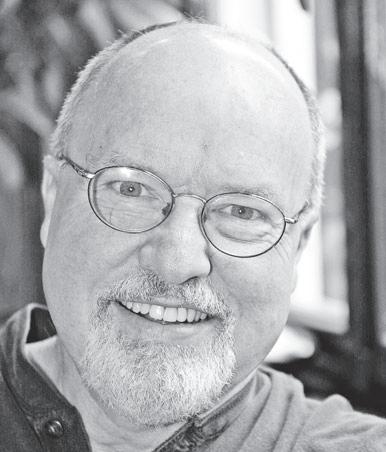
Over the last 40 years the Church has worked at understanding and implementing the council’s call while discerning the Spirit’s presence and action in the world.
The magnitude and complexity of this task should not be underestimated. There are no quick fix solutions.
On the liturgy, Fr Rohr asked: “Are the typical Catholic liturgies liminal spaces? Do they put you out of business as usual, into an alternative universe where you have a different frame of reference, which Jesus would call the Kingdom of God? And I have to say it’s overwhelmingly obvious that they don’t. They’re very much a confirmation of the present consciousness, of the present politics of the present self serving world view.”
Certainly, there is more work to be done on the liturgy in the Church. As a community, we must continue to put our best efforts into celebrating the mystery of God’s presence among us.
But Fr Rohr’s judgment is way off the mark. Around the country every Sunday, worshipping communities bring their lives to the Word of God and seek to understand themselves anew in that light.
Countless examples come to mind of renewing, transforming celebrations of the liturgy in my own archdiocese. And even in communities in which liturgical
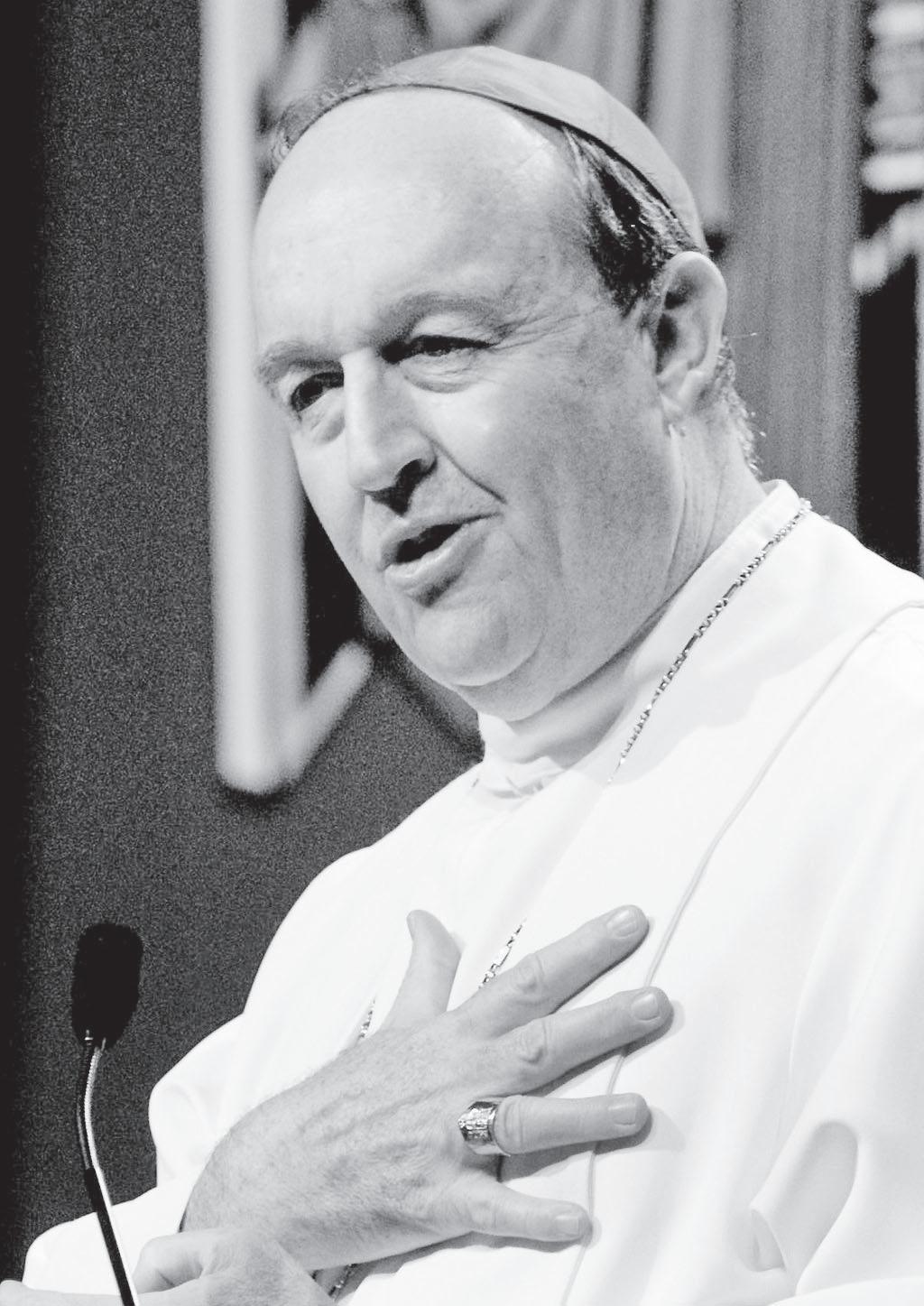
gifts are not abundant, parishioners open their lives to be shaped by God’s Word.
To judge these communities and their liturgies as confirmation of “the present politics of the present self serving world view” is to be blind to what is happening; it is to belittle the prayer of ordinary communities.
Fr Rohr’s sweeping condemnation of priests also bears little relationship to their real lives. He says in the interview: “The whole understanding of priesthood itself,
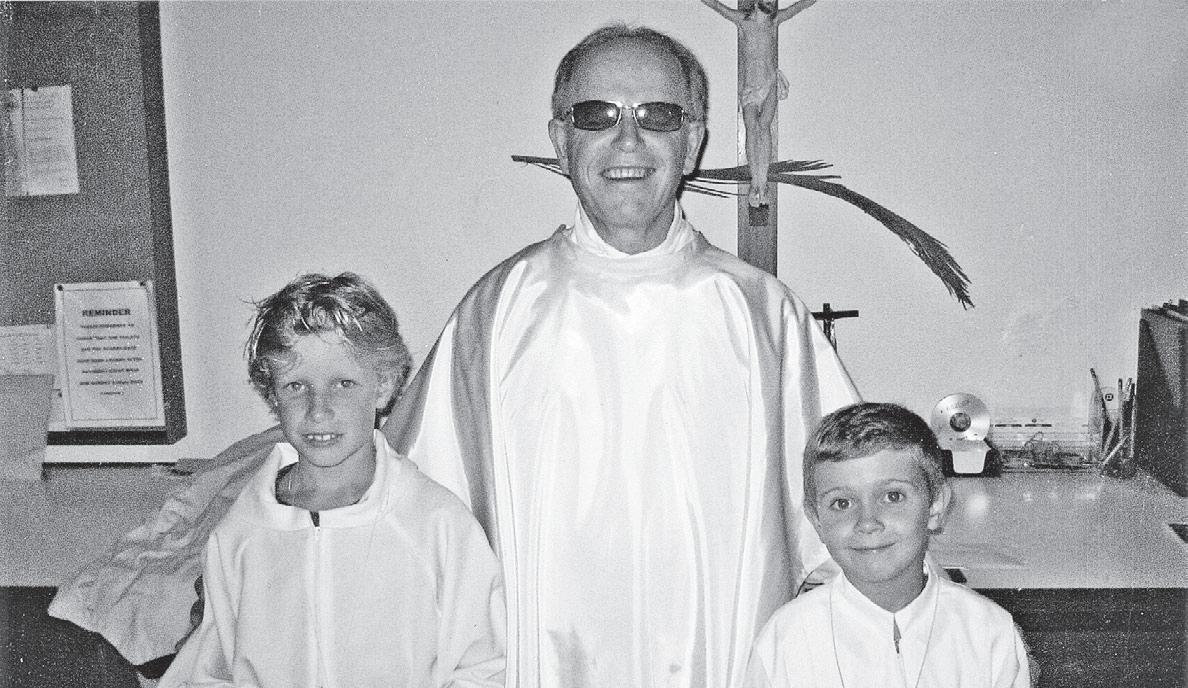
and well. A ciborium
mitted themselves to be witnesses to the mystery of God’s presence, collaborative pastoral leaders, and loving celebrants of the Eucharist. They have engaged over decades in the arduous process of personal and spiritual transformation. Their commitment to a renewed understanding and practice of priesthood is obviously a work in progress but to describe that commitment as “an establishment world view of status and security” is not only wide of the mark, it is demeaning. It belittles the lives and work of priests, many of whom have served in remote and difficult places at great personal cost.
In effect, Fr Rohr presents caricatures of both the liturgy and the priesthood as well as other aspects of Catholic faith in order to move us to some “pure” state.
His arguments not only misrepresent contemporary expressions of the liturgy and the priesthood, but they also do not come to terms with the real challenges facing the Church.
The council has called Catholics to be active participants in a dialogue with the world.
With this notion of dialogue the council envisages that believers should be both firmly grounded in the Gospel and alert to the Spirit’s work in the world. Being alert to the Spirit’s action in the lives of others will enable believers to proclaim the Gospel so that all people might come to recognise it as the truth of their own lives.
which has so aligned itself with power, money, control, and I’m not saying that in any angry or malicious way, but it’s just to join the clergy is to join an establishment world view of status and security.”
Vatican II was the catalyst for a renewed theology and practice of the priesthood as well as the liturgy. Taking one of its themes, the council called priests to see themselves servants of Christ in the world.
In my archdiocese and throughout the country, priests have com-
Fostering and deepening this renewed understanding of the vocation of all believers is a great challenge for the Church. It is my hope that Australian Catholics will continue to be transformed by the Word of God in the Eucharist in order that they might speak of God’s presence in a world searching for meaning.
Archbishop Philip Wilson is president of the Australian Catholic Bishops Conference and Archbishop of Adelaide. A transcript of Fr Rohr’s interview may be found at http://www.abc.net.au/rn/religionreport/ stories/2006/1789065.htm
VATICAN CITY (CNS) - Pope Benedict XVI closed out the Christmas season at the Vatican with an annual Mass to baptise infants and kept up a tradition of his own - an extemporaneous sermon on the meaning of the sacrament.
Baptism is not some “magical” rite of words and water, but a lasting invitation to human freedom to cooperate with the Holy Spirit, the Pope said on January 7, the feast of the Baptism of the Lord. As the cries of babies echoed through the Sistine Chapel, the Pope poured water from a gilded scoop onto the heads of 13 infants and pronounced the words welcoming them into the Church. Most were children of Vatican employees.
One by one, he explained the symbols of the sacrament, then spoke about its central meaning.
In a sense, he said, Christians are “adopted” by God the Father in baptism. In a similar way, the Church should be seen as the mother of this family, he said.
He suggested that the Catechism of the Catholic Church might be an aid to religious education, but said parents teach their children above all by their own example. Despite the hectic pace of modern life, they should also make room for family prayer, he said. “Every child who is born brings us the smile of God and invites us to recognise that life is his gift, a gift to welcome with love and to protect with care, forever and in every moment,” he said.
Later, speaking to thousands of people from his apartment window above St. Peter’s Square, the pope encouraged adult Catholics to remember the commitment that began in baptism, which he said is primarily to “listen to Jesus” and to follow his teachings.
“Thus we see that Christianity is not only a spiritual or individual reality, a simple subjective decision that I make, but is something real and concrete and material. The family of God is constructed in the concrete reality of the church,” he said. The Pope asked the parents and godparents of the newly baptised to be vigilant so that the children grow up knowing how to love and serve God.
VATICAN CITY - Benedict XVI accepted the resignation of Warsaw’s Archbishop Stanislaw Wielgus, who acknowledged collaborating with Poland’s Communist secret police.
In a note issued today by the Holy See, the apostolic nunciature in Poland communicated that Warsaw’s new archbishop presented the Pope with his “resignation of the canonical office.” The archbishop was originally scheduled to begin his pastoral ministry in Warsaw today.
“The Holy Father has accepted the resignation of Archbishop Stanislaw Wielgus and has appointed His Eminence, Cardinal Jozef Glemp, primate of Poland as apostolic administrator of the Archdiocese of Warsaw until further indication,” added the note issued by Archbishop Jozef Kowalczyk, apostolic nuncio in Poland. Archbishop Wielgus, 67, acknowledged in a statement that in his youth he collaborated with the secret police, after a statement of Poland’s Historical Commission was published on Friday, which confirmed the relationship of the then young priest with the Security Service of the Ministry of Internal Affairs.
The commission clarified that, in virtue of the analysis of documents of the National Memory Institute, “it cannot be affirmed that this collaboration had consequences for persons or institutions.” At any rate, this type of collaboration was prohibited by the episcopate.
In a statement issued today, Jesuit Father Federico Lombardi, director of the Vatican press office, said: “Archbishop Wielgus’ conduct in the past years of the Communist regime in Poland has seriously compromised his authority, including before the faithful.
“Therefore, despite his humble and moving request for forgiveness,
the resignation to the See of Warsaw and its speedy acceptance on the part of the Holy Father has seemed to be an appropriate solution to address the situation of disorientation that has been created in that nation.”
The Vatican spokesman added: “It is a time of great suffering for a Church to which we all owe very much and which we love, which has given us pastors of the greatness of Cardinal Stefan Wyszynski and, above all, Pope John Paul II.
“The universal Church must feel spiritually sympathetic to the Church in Poland and support her with prayer and encouragement, so that she will soon regain her serenity.”
Father Lombardi continued: “At the same time, it is appropriate to observe that the case of Archbishop Wielgus is not the first and will probably not be the last case of attack on personalities of the Church in virtue of the documentation of the services of the past regime.
“There is enormous anount of material and, in attempting to assess its value and draw reliable conclusions, it must not be forgotten that it was produced by officials of an oppressive and blackmailing regime.”
The press office director added:
“After so many years of the Communist regime, when the great and untouchable figure of Pope John Paul II is no longer here, the present wave of attacks against the Catholic Church in Poland does not seem to be a sincere search for transparency and truth, but rather a strange alliance between persecutors of the past and other adversaries, a vengeance on the part of those who, in the past, had persecuted her and were defeated by the faith and the thirst for freedom of the Polish people.” Father Lombardi explained

Centacare Employment and Training is an agency of the Roman Catholic Archbishop of Perth that provides services to the unemployed in the areas of finding employment, further education or vocational skills training.
Currently, the organisation is continuing with its plan to recruit an additional two board members during 2007, following the retirement of two long serving members.
Individuals with skills and expertise in any of the following areas – Organisational Development, Business Management, Human Resource Management, Process Improvement, Legal, Business Planning or Public Relations and who are committed to the principles of social justice, are invited to apply.
Early morning Board meetings are held once per month and last for two hours.
Further information on the organisation is available at www.centacarewa.com.au
Expressions of Interest kits are available by emailing probertson@centacarewa.com.au or by phoning Pauline Robertson, Executive Director on 9482 7001. Expressions of Interest should be sent to probertson@centacarewa.com. au or posted to Pauline Robertson, Executive Director Centacare Employment and Training 3rd Floor 641 Wellington Street Perth, WA 6000
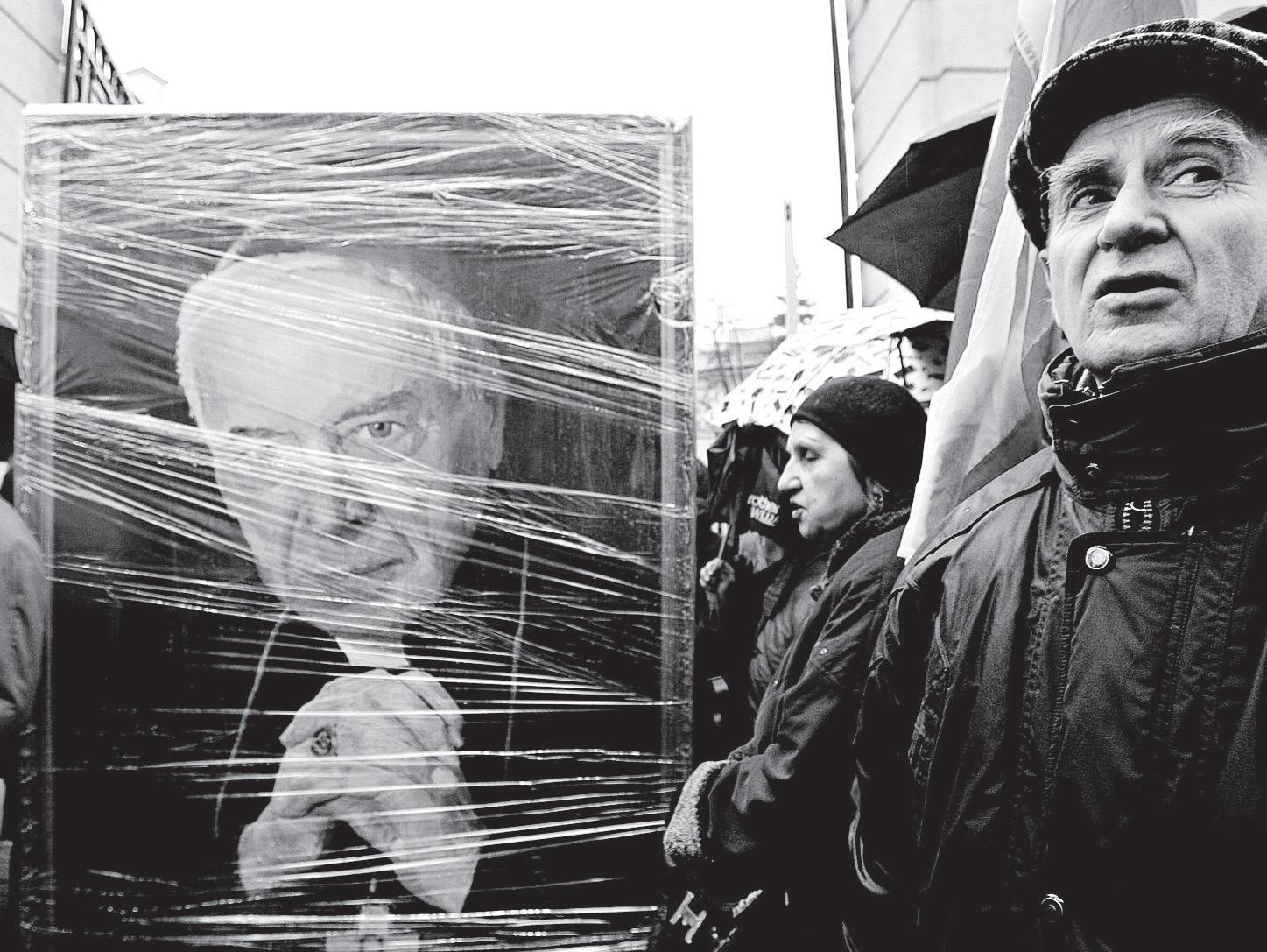
that members of the Church must be faithful to the truth: “’The truth will make you free,’ says Christ. The Church is not afraid of the truth and, to be faithful to her Lord, her members must be able to acknowledge their own faults.
“We hope that the Church in Poland will be able to live and surmount with courage and lucidity this difficult period, so that she will be able to continue offering her precious and extraordinary contribution of faith and evangelical drive to the European and universal Church.”

Hints for a Happy Marriage
Hold hands
Holding hands has always been a simple physical expression between those who love each other. Recent research at the University of Virginia however has revealed that this simple expression of love may have other positive benefits in marriage. A neuroscientist using brain scans has found that women experiencing stress show immediate signs of relief when they hold their husbands hands.

Catholic Marriage Education Services with Derek Boylen





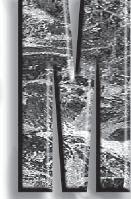




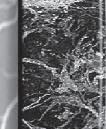
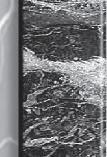
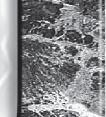



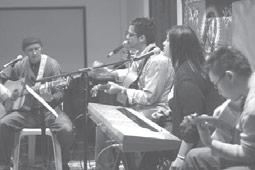
 Resigned: Supporters of Archbishop Stanislaw Wielgus demonstrate in Warsaw, Poland. Archbishop Wielgus, who was supposed to be installed as the new archbishop of Warsaw at a January 7 Mass instead resigned from the post. PHOTO:CNS
Resigned: Supporters of Archbishop Stanislaw Wielgus demonstrate in Warsaw, Poland. Archbishop Wielgus, who was supposed to be installed as the new archbishop of Warsaw at a January 7 Mass instead resigned from the post. PHOTO:CNS
VATICAN CITY - Benedict
XVI visited one of Rome’s largest soup kitchens, explaining that there it is possible to discover the love of God.
The Pope visited the kitchen, administered by the diocesan branch of Caritas, last Thursday.
The Holy Father greeted those in charge and the beneficiaries.
In doing so, he said: “One can touch the presence of Christ in a brother who is hungry, and in the one who offers him something to eat.”
In its 23 years, the soup kitchen, located near the Colosseum, has distributed about nine million rations, officials estimated.
“Here one can experience that, when we love our neighbour, we know God better,” Benedict XVI said.
“[God’s] love is not sentimental, but a love that gave itself totally unto the cross, beginning with his birth in the cave of Bethlehem.”
The Holy Father underlined that people do not just have material needs, and clarified that the service of Caritas, the Catholic Church’s largest charitable institution, is carried out “without distinctions of race, religion or culture” and must be characterised by “Christian love.”
The Pope summarised the style
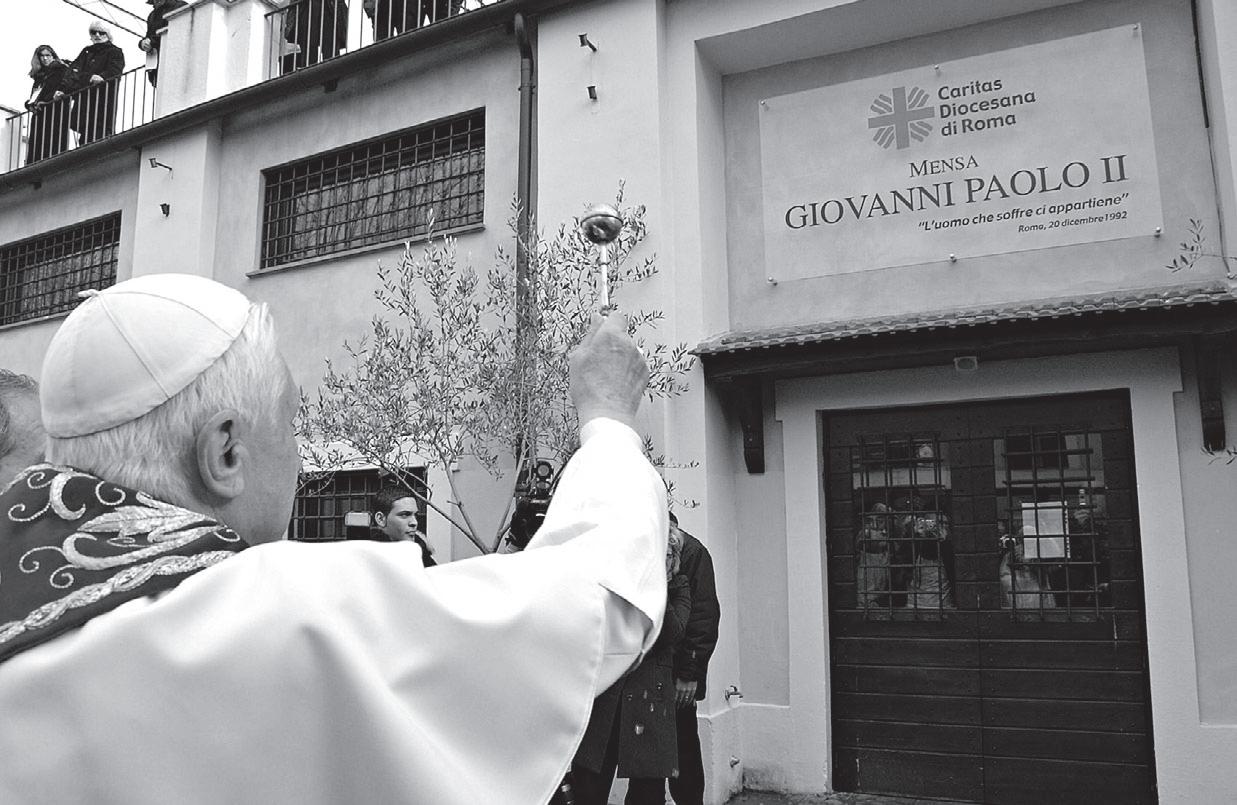
of Christian charity with the expression: “Good must be done well.”
He added that one must feel “the depth of joy derived from it, certainly different from the illusory joy that advertising presents.”
The Pontiff was welcomed by
Monsignor Guerino Di Tora, director of Caritas-Rome, who explained that the soup kitchen is a place “in which the Christian community meets and looks after the poorest neighbour.”
“It receives him and listens to him,” Mgr Di Tora said.
Continued from page 1
The study was reported on January 7 in the online edition of the journal Nature Biotechnology and included research by scientists at the Wake Forest Institute for Regenerative Medicine in Winston-Salem, North Carolina, and Children’s Hospital and Harvard Medical School in Boston.
The US House of Representatives was expected to vote on January 11 on expanded federal funding of stem-cell research involving the destruction of human embryos.
President George W. Bush vetoed a similar measure in July, and the 109th Congress failed to override the veto.
In the journal article, Dr Anthony Atala of the Wake Forest institute said he and his colleagues had used stem cells derived from amniotic fluid to create muscle, bone, fat, blood, nerve and liver cells in the laboratory.
“It has been known for decades that both the placenta and amniotic fluid contain multiple progenitor cell types from the developing embryo, including fat, bone
and muscle,” Atala said in a statement. “We asked the question, ‘Is there a possibility that within this cell population we can capture true stem cells?’ The answer is yes.”
Doerflinger said it is “especially ironic” that the frozen embryos that some scientists want to destroy for stem cells “may produce more beneficial stem cells if allowed to survive and be born”.
“New life, not premature death, may show us the way to a brighter medical future,” he added.
Doerflinger also disputed the results of a recent public opinion poll commissioned by the Civil Society Institute in which 68 per cent of all the respondents - and 69 per cent of the respondents who described themselves as Catholics - said they wanted Congress to act quickly to expand federal funding of embryonic stem cell research.
The margin of error for the survey was plus or minus 3 percentage points.
“Studies like this are seriously flawed because they ask about support for ‘stem
“From his words it knows the torment of the cross - abandonment, cold, drugs, prison, emigration, loss of affections, the past from which he is fleeing. “(It also) opens its heart to this suffering humanity.”
ZENIT.ORG
US vice president’s unborn grandchild has two ‘mummies’
Homosexual parenting hit the headlines when it became known that Mary Cheney, the daughter of US Vice President Dick Cheney, is expecting a baby with her partner of 15 years, Heather Poe. Mr Cheney’s office said he and Mrs Lynne Cheney were “looking forward with eager anticipation” to the birth. Ms Cheney, 37, is a vice president at AOL; Ms Poe, a former park ranger, is 45. In 2004, Ms Cheney worked on the Bush-Cheney re-election campaign. When Mr Bush voiced strong approval for a constitutional amendment banning “gay marriage”, she remained silent. In a book published early this year she wrote that her father talked her into staying on the campaign when she considered resigning. Mr Cheney himself, when asked about the ban during a campaign stop in 2004, said: “Freedom means freedom for everyone.” This year Ms Cheney made a donation to a group fighting a ballot initiative outlawing same-sex marriage in her home state, Virginia. Voters approved the initiative last month.
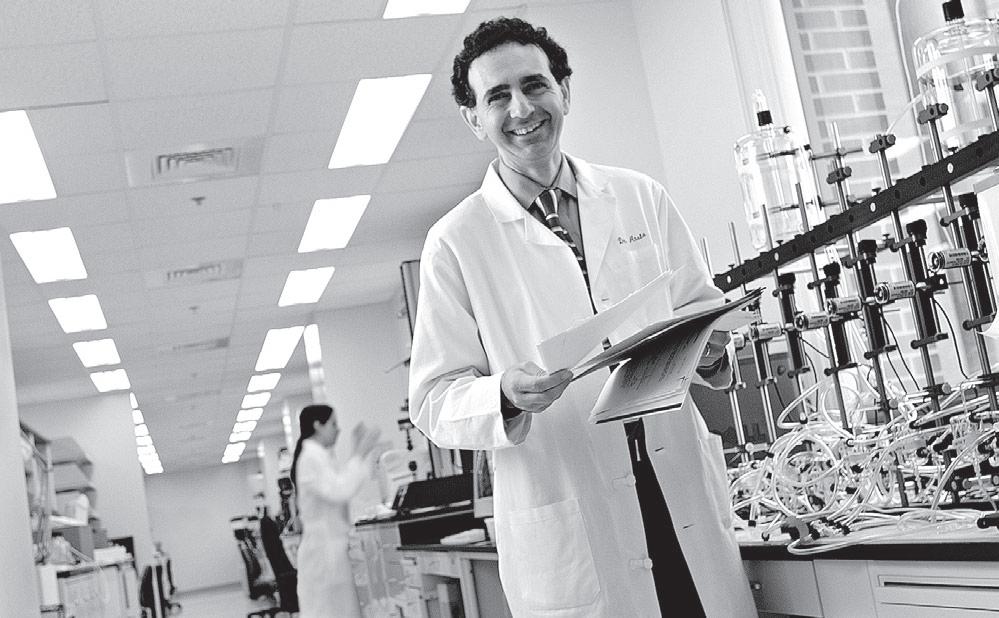
cell research’ without acknowledging other sources of beneficial stem cells or making it clear that obtaining stem cells requires destroying the human embryo,” Doerflinger said. “When told the facts, most Americans (and most Catholics) want their tax dollars used only for avenues that do not require
destroying embryonic life, to determine whether we even need to consider taking the morally controversial course,” he added.
“The great majority of Americans favor medical progress, but would greatly prefer that it be pursued without destroying life at any stage.”
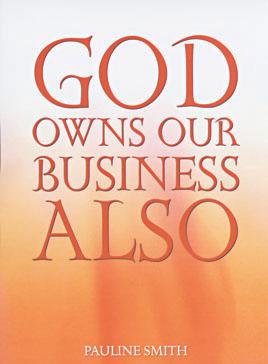

Parishioners of Good Shepherd Parish in Lockridge threw a big celebration on December 9 last year for their much-loved parish priest Fr Vinh Dong, who celebrated his 10th anniversary as a priest on December 13.
While Fr Dong was on pilgrimage to Vietnam in August last year parishioners began to raise funds for the celebration with raffles and quiz nights.
An invitation was then presented to Father Dong in mid-November where he admitted to knowing of the ‘surprise’ after reading about it in a bulletin that was left on the Church pews.
Anniversary celebrations began with a Mass concelebrated by Frs Dan Foley, Hong Pham, Binh Dinh, Vittorio Ricciardi, Michael Separovich and Clayton Mitchell.
Fr Dong was also presented with a Papal blessing from Pope Benedict XVI and a light-hearted “This is Your Life” presentation showcasing his achievements.
Fr Dong’s spiritual journey began in Vietnam where his family had a great devotion to the Catholic Church. At the age of 12 Fr Dong fled the country on a
boat in the middle of the night and headed towards Malaysia, where he lived in refugee camps.
On January 17, 1983, Fr Dong arrived in Australia and entered St Charles Seminary, Guildford in 1991.
After finishing his studies at Adelaide’s St Francis Xavier seminary in November 1996, Fr Dong was ordained a priest at St Mary’s Cathedral, Perth on December 13, 1996.
Fr Dong has served as parish priest at Sacred Heart Church in Highgate, St Mary’s Church in Kalgoorlie and has been parish priest of Good Shepherd Church in Lockridge for the past seven years.
Of the anniversary celebration Fr Dong said he was very surprised by the organisation that had gone into preparing for the anniversary celebration.
“I really felt the love this parish has for me. And it was this feeling of love that continues to call me to always do my best for the parish community and reciprocate that love in all that I do,” he said.
Concluding the parish celebrations, a meal was shared by all the parish community, after which Fr Dong cut his decorated anniversary cake.
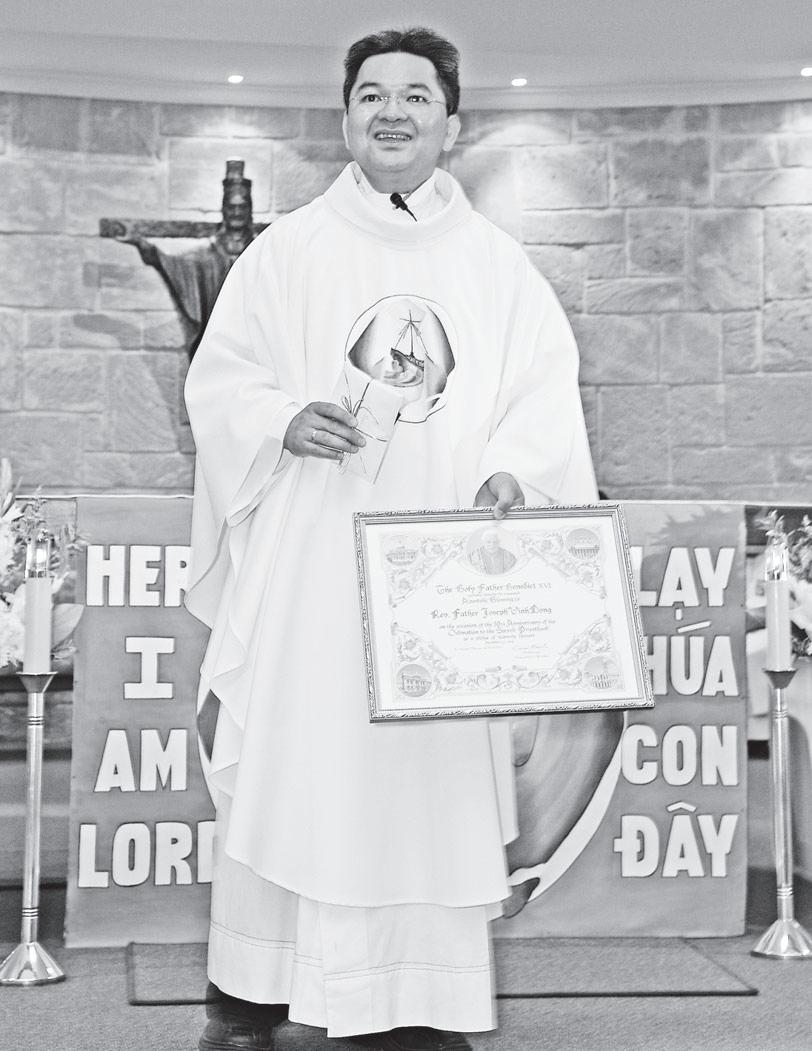
Continued from page 1 for Disability Services), says the retention and recruitment problems are mainly due to what ACROD estimates to be a $60 shortfall in direct care staff weekly wages compared to other human services like child, aged and health care.
He says Federal and State Governments need to seriously assess their budget expenditure towards such services otherwise the “wheels will fall off”.
“Agencies get a lot of good will and we hope that continues, but the State and Federal Governments really do need to look at their surpluses and realise they have a responsibility,” Mr Calogero said.
I.d.entity.wa chairman David Rowell said the turnover of senior staff has been “too high for there not to be some fallout in terms of continuity in client management and staff morale”.
I.d.entity.wa has suffered with recruiting and staff retention of management and professional and support staff, plus direct care staff.
Three key management and professional/support staff positions became available in the 2005-06 financial year.
After 15 years as i.d.entity.wa executive general manager of operations, Robert Watson resigned to be moderator of the Uniting Church in WA. After months of searching, a replacement was recruited in February 2006, who then resigned barely five months later in July.
Towards the end of 2006 the policy development and research officer and the human resource administrator resigned.
“The sector doesn’t have the capacity to pay competitive wages, and it is very difficult to attract
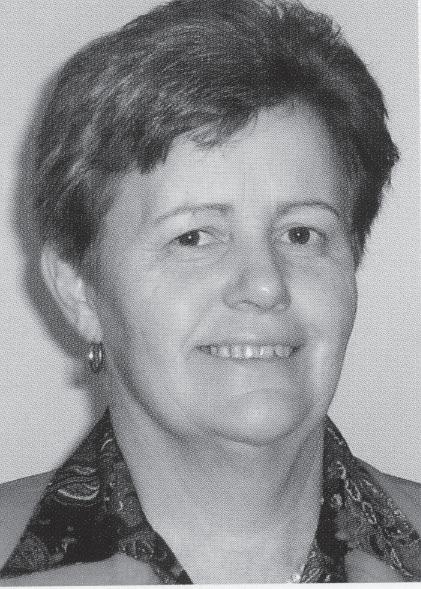
suitably qualified and skilled staff, and to keep them,” said i.d.entity. wa executive director Maureen Jewell.
Mr Calogero says direct care workers across WA are opting to leave the human services sector and work where they’ll find less demanding work but higher pay.
“It’s quite broad across the disability sector and we believe there are a number of problems that are leading to the difficulty in recruiting and retaining, a major one we believe is the poor pay,” he said.
“Overall in WA there is a labor shortage, but it says something about our values as a community, where providing services to help people is valued less than working in a liquor store or in the mining industry.
“We are lucky we have people who work in this area who aren’t doing it for the pay, but that goodwill only goes so far, so we’re seeing the wheels fall off in the number of services and the number of people who are prepared to do this at lower pay.
“Ultimately the people who suf-
fer out of this are the thousands of West Australians who need care and are part of our community who aren’t being helped at all, which could lead to pretty serious situations.”
However, there is hope for the industry.
A survey done in 2005, commissioned by ACROD and launched at the Chamber of Commerce and Industry last year, indicated people are very commited to disability services.
Ms Jewell said staff come into the field for a couple of years, but find it’s just not financially viable for them to support a family on it, “and it’s the fact that there’s so much choice at the moment for people”.
“We used to have a number of university students in our Respite Through Recreation program, which gives families a break from looking after their child, but now we’re finding it very difficult to recruit students or anyone to those positions at the moment, as it’s six to 10 hours a week,” she said.
“Medicine and occupational therapy students used to find it attractive because of the hands-on experience it gives them, but now there are too many other options.”
Volunteers continue to be the lifeblood of the recreation service. In 2006, 33 volunteers contributed 2999 hours.
There is much hope in the disability sector that State Government funding will go up, as a working group has been established following the results of the ACROD study.
Industry insiders remain hopeful that the working group’s recommendations will arrive in time for the next State budget, submissions which must be in by next month.
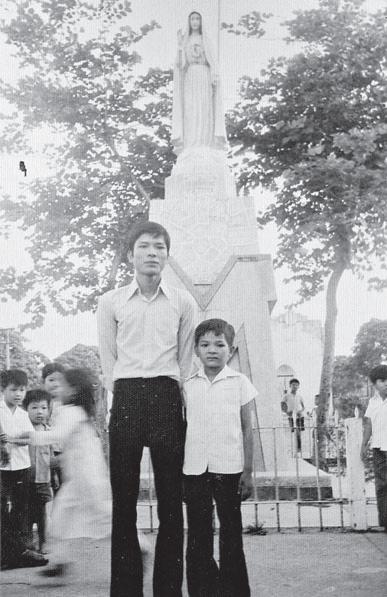
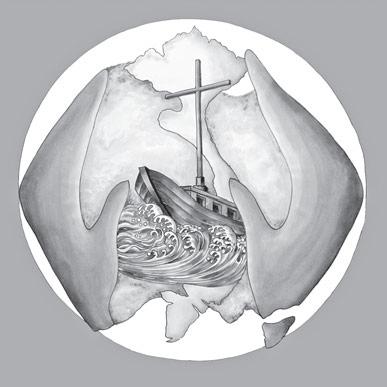
brief...
The Roman phase of the cause and for canonisation of Pope John Paul I has opened. The diocesan investigation into the cause ended on November 10 and the Roman phase began last Wednesday. Officials have expressed hope that this stage will progress quickly, taking into account that a cure attributed to John Paul I’s intercession is being studied. If the cure is deemed miraculous, then the path to beatification would be open.
Albino Luciani, the future Pope, was born in Canale d’Agordo in 1912. He died in Vatican City on September 28, 1978, after a 33-day pontificate. He was the patriarch of Venice before being elected Pope.
Iraq’s only faculty of Christian theology and a seminary have moved out of Baghdad for security reasons. Babel College and St Peter’s Major Seminary departed for Ankawa, in the Kurdish region of Iraq. Patriarch Emmanuel III Delly of Babylon of the Chaldeans told Vatican Radio: “We have thought of the move for a long time: to go to a tranquil place to be able to study better. When the situation is calmer, they will return to their site.” The exodus of
Christians from the area began in earnest on August 1, 2004, when a car bomb exploded outside the Chaldean church of Sts Peter and Paul, near the major seminary. The blast killed 15 and wounded hundreds. The rector and vice rector of the seminary, Father Sami Al-Rais and Father Salem Basel, were briefly kidnapped in recent months.
The ravages of HIV/AIDS have had a shocking effect on life expectancy in southern Africa, new figures show. In Zimbabwe it is 37 years for men and 34 for women -- the lowest in the world, in Botswana 38, Malawi 38 and Zambia 39. In South Africa life expectancy has fallen to 51, and is expected to fall to 50 - 48 years for men and 52 years for women - by 2012 provided that half of HIV/AIDS sufferers would have access to antiretroviral treatment (ART). Only one third of South African AIDS patients in urgent need of ART have been receiving the life-prolonging drug. More than 5.5 million South Africans, or 12 per cent of the population, are infected. The United Nations says this is the largest number in the world after India. Premature deaths are decimating the ranks of people in their 30s.
Join Pope Benedict XVI in prayer January
General intention: Peace - That in our violent time, Bishops may continue to show the way of peace and understanding among peoples.
Mission intention: Church in Africa - That the Church in Africa may be a witness of the Good News of Christ and be committed to the promotion of reconciliation and peace.

editorial
Now that most of the New Year resolutions made so enthusiastically have faded from memory and practice and their contribution to our future happiness has been lost, it is time for all of us to make or renew the resolution contained in the simple affirmation “I like myself”.
This is the one state of mind that is essential for human happiness. It is the one statement we must be able to say and accept about ourselves – without criticism, without conditions, and without comparisons.
For those who doubt this, and those who struggle with it, it is useful to stand in front of the bathroom mirror each morning and repeat it until you can see in your own eyes that you accept it. It is particularly useful on those mornings when you’re feeling ragged around the edges, or even if you’re feeling rotten to the core.
Liking oneself is not a resigned acceptance of all one’s supposed inadequacies and it has nothing to do with liking everything you do or have done. It is a genuine happiness in being who you are. That is why it is the only happiness. You cannot be genuinely happy if you are not happy to be who you are.
Even for atheists, the common human disease of not liking oneself ought to be almost hilariously irrational. Since you can never be anyone else, not liking yourself condemns you to a permanent state of unhappiness.
For Christians, the situation should be much clearer because we know that we are made in the image and likeness of God. We are a direct expression of the will of God. He calls us by name and He loves us. Each of us is a unique part of God’s plan and each of us is the only person who can play that note in God’s symphony. If we are not satisfied with all this, what is it we are trying to tell God He should have done instead?
Despite the clarity and certainty of these things, it remains a fact that a great many people struggle desperately to come to terms with the importance of liking themselves. Not liking ourselves – rejecting ourselves – is the ultimate falsehood that makes living the truth of ourselves impossible.
Liking ourselves is not a selfish process. It is actually the foundation of all of our relationships, beginning with our relationship with God and covering all our relationships with others, particularly our family relationships.
The terrible spectacle of the execution of Saddam Hussein should remind all Christians of the pointlessness and obscenity of the death penalty. The Church’s teaching on this matter is clear: we do not have the right to take life as punishment, no matter who the criminal is or how terrible the crime.
Capital punishment degrades the authorities who impose it even more than the person who suffers it.
This hasty execution obscured another point: Hussein was still being tried for other even more serious crimes, whose victims will now be denied their day in court.
Your story on crucifixes in Catholic hospitals (Record, 4 January) was a mix of the best and worst that journalism has to offer.
The first half of the story, reporting interviews with Bishop Justin Bianchini and Mrs Anne Fox, accurately and fairly recorded their stance on the (rare) practice of covering crucifixes in hospital rooms to accommodate the sensitivities of non-Catholic patients who request it.
Then the second half of your story referred to a totally unrelated episode in which Pope Benedict called for the public display of crucifixes.
What you failed to reveal was that Pope Benedict spoke in the context of a local debate about the presence of crucifixes in Italian state schools, a concession permitted under Italian law dating back to the 1920’s.
The Pope viewed moves to remove these crucifixes as a sign of advancing ‘secularisation’ in Italy as a whole, and he rightly taught that anything which disconnects humanity from our Creator will inevitably lead to other abuses of human dignity.
Since the situation in Italian state schools has nothing whatever in common with the St John of God issue, one can only speculate on your motive for juxtaposing the two stories.
I commend the St John of God organisation for its sensitive management of a delicate issue.
Their decision to cover a crucifix when requested by a Jewish or Muslim patient is motivated not by political correctness nor by creeping secularization, but by consciousness that authentic healing comes only from God who touches the whole person - spirit, soul and body - in ways appropriate to each individual.
St John of God’s approach is entirely consonant with the Catholic Church’s openness to the authentic religious experiences of others.
PO Box 75, Leederville, WA 6902
Tel: (08) 9227 7080, Fax: (08) 9227 7087 cathrec@iinet.net.au
To reject ourselves or any part of ourselves is to reject the work of God within us, although few people see it that way.
Rejecting ourselves also puts us in a state of mind where rejecting others is not only easy, but seems natural.
Those who like themselves, who accept themselves as they are, will always be free to accept others as they are. This is the ‘unconditional love’ we are frequently told is the necessary ground for marriage and parenthood. One of the great things about married love – which means lifelong, faithful love – is that the continuous love of spouses for one another leads them away from their tendency towards self-rejection. Rejection of self always involves some form of rejection of the love offered by others, beginning with God.
Conditional or partial acceptance of oneself leads to the same attitude towards children and immediately leads them towards confusion about who they are and who they are supposed to be. If they are not acceptable as they are, how are they to learn how to be the best they can be? The best they can be resides only in the person they are, and cannot be found in any misguided attempt to be someone else.
All human beings have a great deal to learn and great potential to develop, but it is only in liking who they are that they can develop who they are.
New Year is an appropriate time to reflect on the importance of liking oneself because on New Year’s Day we celebrate the feast of Mary, the Mother of God. While the world celebrates the transience of time and the inadequacy of the human pursuit of happiness in parties, alcohol and fireworks, the Church reminds us of the eternal union of humanity with God.
This union is celebrated in the Incarnation on Christmas Day and again in Mary as the Mother of God a week later. Mary’s ultimate acceptance of herself as a creature of God enabled her to accept the most remarkable request ever made of a human – the honour and responsibility of being the Mother of God. There is not a hint of her rejecting herself as unworthy – and not a hint of her pretending her worthiness was of her own making. In total humility, she simply accepted. If this is what God wanted her to be, she would be it.
All God asks of us is to be who He created us to be, and the starting point for that is to like the one He created.
Cast your gaze around the world where Christians of every denomination are persecuted for believing that Jesus Christ is who He said He was and seeking to live as He taught that we all should live. In the backward and barbaric state of North Korea, Christians have been viciously persecuted for decades. In Sudan, they are the subject of often undisguised persecution, marginalisation, hostility. In China, things are increasingly fluid but bishops, clergy and leading laity are still regularly arrested, placed under house arrest and sometimes beaten. Many of China’s recent bishops have spent decades in prison. In the birthplace of Christ, Christians have been pushed further and further out by the State of Israel; they seem to be a dying breed. In many Middle Eastern Arab countries it is almost a crime to be, or marry, a follower of Christ. But prayer conquers all things. And if these are our brothers and sisters, we can help them greatly. We can pray for them.
The Australian Government rightly opposes the death penalty, and it is sad that it has not spoken out more strongly on this occasion.
We pray for justice in Iraq, for Saddam Hussein’s victims and for all those in Iraq who are dying every day.
Bishop Christopher Saunders Bishop of Broome Chairman Australian Catholic Social Justice Council
Where were the anti-death sentence people when Saddam Hussein was on the trap door and why so silent on America’s ongoing use of the death penalty? I personally voice my opposition to all death sentencing everywhere in the world. Shouldn’t that be the same, or is there some selectiveness or pragmatism regarding those about whom we complain?
Norm Bernard Brigadoon
As Catholics move into 2007, we must surely question our commitment to evangelisation. Do we lack the courage to go into the deep, merely seeking an apparent safe haven in false secularism?
Just as the Pope decried ideological secularism (The Record, December 14, 2006) we learn from The West Australian (December 23, 2006) that St John Of God, the Catholic health care group, is pandering to this very ideology in the name of tolerance by covering up crucifixes. Speaking vigorously against excluding religious symbols from public places, the Pope maintained that these symbols
Only the smallest of minds could equate compassion for another’s religious sensitivities with a denial of one’s own faith in the God who heals.
And whether a crucifix is visible or not, surely the most powerful and effective images of God in any hospital room are the doctor, the nurse and the patient?
Rev Dr Joseph Parkinson STL PhD Director, L J Goody Bioethics Centre, Glendalough
affirmed and defended great values that give meaning to life and protect its dignity.
Is SJOG maintaining political correctness rather than proclaiming Jesus’s love for all people through his cross?
Mary Burke Ferndale
I write to express my sadness over the tenor of the front page story of this week’s issue of The Record, dealing with the matter of crucifixes in St John of God hospitals.
Why is Bishop Bianchini being forced to “defend” cultural sensitivity, and Tammy Batten of SJOG Hospital Geraldton being described as “admitting” to a policy to respect this?
Why, most worryingly in terms of The Record’s responsibility to its readers, is the whole story being linked to an unrelated story from 2005 in which Benedict XVI spoke on the issue of crucifixes in Italian state schools?
Are your readers to draw the conclusion that what is happening in SJOG hospitals is contrary to the views of the Holy Father?
I am at a loss to understand why your newspaper appears to wish to foster suspicion, negativity and division, indeed to create an issue where no issue
exists except in the mind of the secular media.
My sadness was also personal. I read this article on the anniversary of my own father’s death in a Catholic hospital in the UK. My father was an Anglican. At the time of his death I had been a Catholic for only a few weeks. I had virtually no experience of the Church in action. I spent many hours at the hospital, with other members of my family, some Anglican and some of no religious faith. Twenty seven years later none of us has any memory at all of whether we saw a crucifix in the hospital.
We all, whether we recognised Him or not, saw Christ over and over again in the love and compassion shown to my father and to all of us by the staff of the hospital. We count ourselves very blessed that my father was able to die at peace in such surroundings.
I hope that many of your readers will feel able to join me in commending the management of St John of God hospitals for their sensitivity and for their commitment to being witnesses of Christ to all of their patients, whatever their background and needs.
MargaretKer Mt Lawley Letters continued page 13
‘Breakdown Britain’ needs marriage
Social disorder has driven Britain’s (opposition) Conservative Party to pledge a return to marriage and family stability as the centre of public policy. A Social Justice Policy Group set up by party leader David Cameron has delivered a report, Breakdown Britain, which paints a grim picture of an entrenched underclass marked by crime, drugs, alcohol addiction, spiralling debt and lack of achievement.
The group suggests that 30 years of welfarism has been a disaster for the country and now costs £20 billion a year. They argue that the removal of any fiscal encouragement for marriage, the introduction of tax credits that make no distinction between cohabiting and married couples and the dependency culture created by an unreformed welfare system have all contributed to the crisis.
The report says the evidence is overwhelming that the majority of young offenders come from broken homes and that married couples produce better outcomes for both children and adults.
“Although moralising is to be avoided, committed relationships are essential for the social ecology of the family, the community and the country.” Iain Duncan Smith, who led the study group, said there was a “fundamental lack of honesty” in the political debate, which refused to discuss the principal cause of social breakdownfamily breakdown.
FAMILYEDGE/MERCATORNET
British pupils would be able to choose what they study, ask each other for help in answering questions, mark their own work and grade their teacher’s performance under ambitious government plans to tailor education to the needs of individual children and young people.
Traditional grades or marks would go, to be replaced by “feedback”, where the teacher would suggest what steps a pupil could take to improve performance. Pupils would be entered for exams as soon as they were ready to take them, instead of waiting until they reached a certain age. And parents would get special state funding to give their children private tuition if they are struggling with English or maths.
The report, 2020 Vision, aims to stop some children falling behind by involving each child in its own learning. Personalised learning would involve children having regular conversations with teachers, and being allocated a teacher or classroom assistant who would be their “learning guide”. The report also recommends separate classes for girls and boys, so that boys’ needs can be better met
FAMILYEDGE/MERCATORNET
Correction
An error in the story in the January 4 edition of The Record on Page 2, incorrectly referred to the Sisters of St Joseph of the Apparition departing the Goldfields. It should have read the Sisters of St Joseph of the Sacred Heart. The Record apologises for the error.
January 11 2007
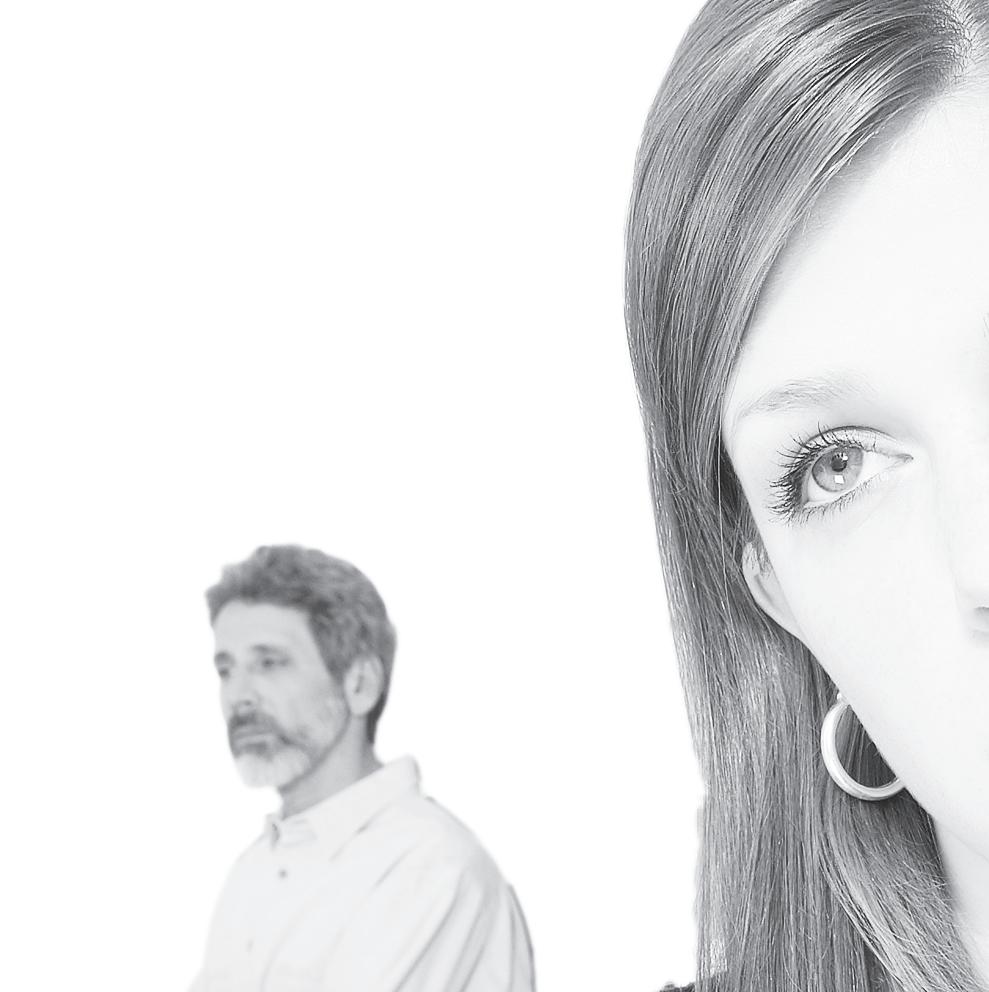

 ■ By Carolyn Moynihan
■ By Carolyn Moynihan
You have to admire the British, as represented by their current government and its intellectual constituency. They never stop trying to improve their society. What other country wants to keep schools open 10 hours a day and put every single child on a national database? Whether driven by a Marxist hangover or by ethics derived from Christianity, the commitment to a better Britain is tireless and impressively resourceful.
It is also necessary. A couple of weeks ago the Institute for Public Policy Research grabbed headlines with a report claiming that British youth are the worst behaved in


Europe and that their elders live in fear of them.
Drawing on international research, the report - Freedom’s Orphans - says British teenagers are drunk more often, involved in more fights and are more likely to have had sex compared with their counterparts in Germany, France and Italy. One study suggested that 38 per cent of 15-year-old British children had tried cannabis, as opposed to just seven per cent in Sweden and 27 per cent in Germany.
The result is that only 34 per cent of British adults would risk life and limb by trying to stop a group of 14-year-old boys vandalising a bus shelter, compared with 65 per cent of Germans, 52 per cent of Spanish and 50 per cent of Italians. Last year, more than 1.5 million Britons thought about moving away
from their local area to escape the young people who hung about there. About 1.7 million admit to avoiding going out after dark as a direct result of youths gathering. There is a new name for it: paedophobia. There is also a new word for what the kids do: anti-social behaviour. Fifty years ago it would have been simply bad behaviour, a moral problem - delinquent parents producing delinquent kids. Too simple and too harsh a view, no doubt, although media commentary in the last couple of weeks has been sprinkled with calls for a swift clip around the ear or a return to the stocks for teenage miscreants. Many responses were on a narrow spectrum from hand-wringing over the poverty and class divisions that breed social deprivation, to more subtle jabs at economic liberalism.


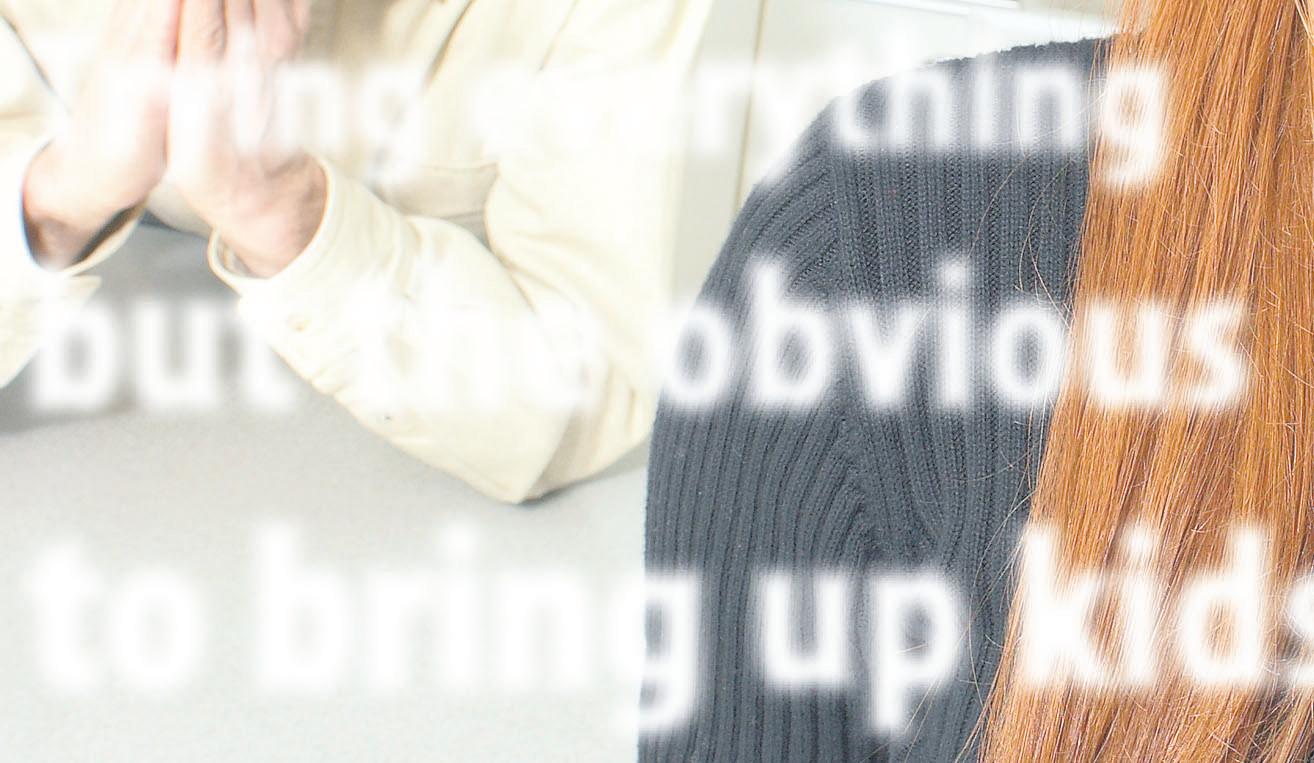

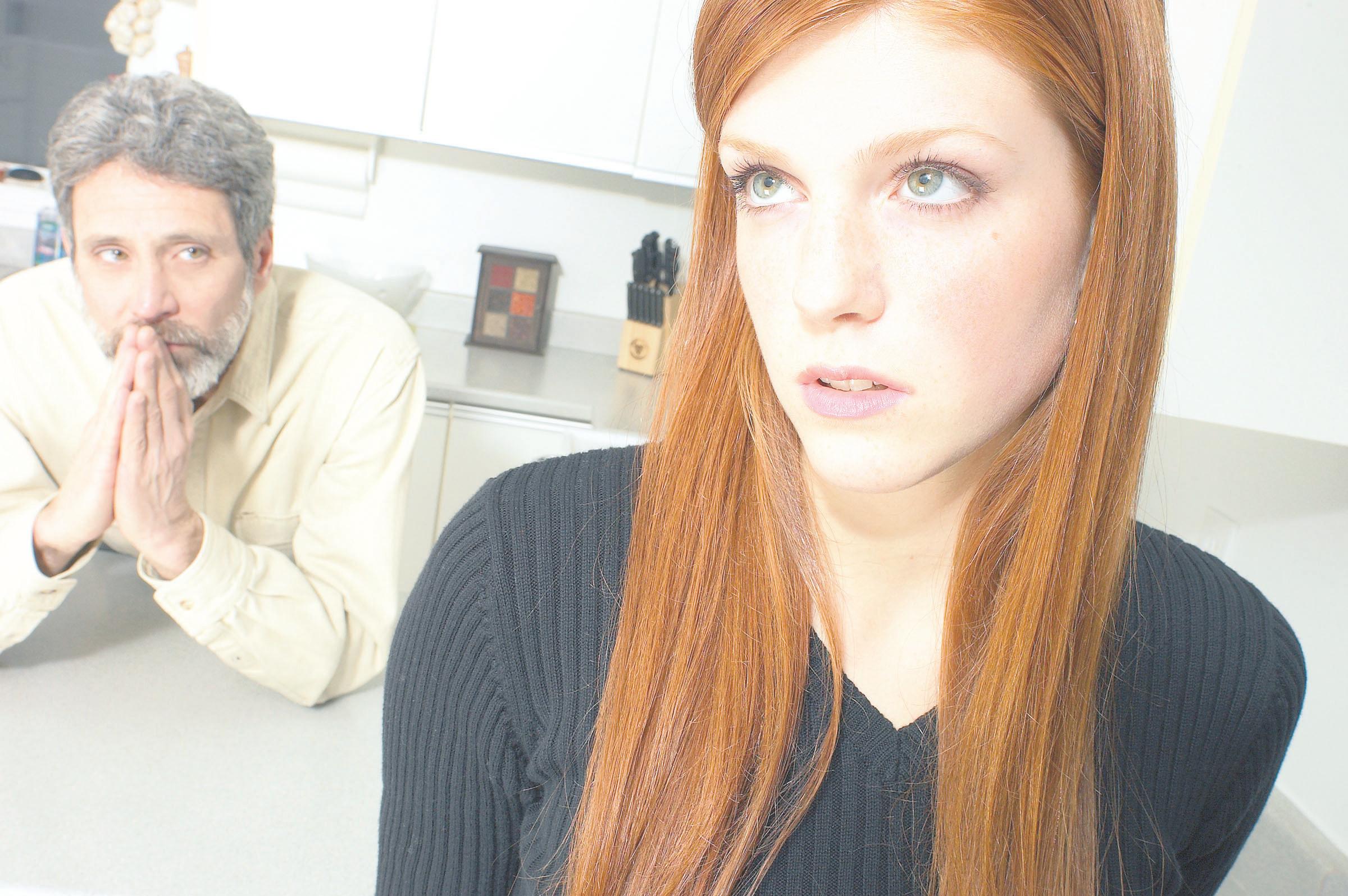
Continued from VISTA 1 IPPR, a left-of-centre concern, adopts the poverty/class analysis but gives it a new spin.
It argues that young people born into the lower socio-economic classes during the past 30 years have missed out on the opportunity to better themselves through work, because the job market increasingly calls for social skills that depend on family wealth and extended education.
While richer kids spend time on music lessons or extra tuition, poorer kids just “hang out” with their peers or watch TV.
In this way they become less and less influenced by the adult community and much more susceptible to consumerism and identities derived from “brands”.
most evenings with friends, compared to just 17 per cent in France. In Italy 93 per cent of teenagers eat regularly with their families, compared to 64 per cent in the UK.
IPPR acknowledges that family culture in Italy and France is stronger. Then there are the Nordic countries, where family structure is not strong, but behaviour is better.
“Britain faces a choice: spend more to make up for weak families, or adopt policies to strengthen the family.”
Well, says IPPR, that is because they spend more on social welfare and there is less child poverty.
This suggests that Britain faces a choice: spend more to make up for weak families, or adopt policies to strengthen the family.
It is a plausible theory, although it does not explain certain differences between the UK and other European countries with a similar history of “de-industrialisation”.
For example, 45 per cent of 15year-old boys in England spend
It is a choice every economically advanced country faces, but only the US has come down squarely on the side of the family. The UK, under the centre-left government of Tony Blair, has effectively, if not intentionally, opted for welfare.
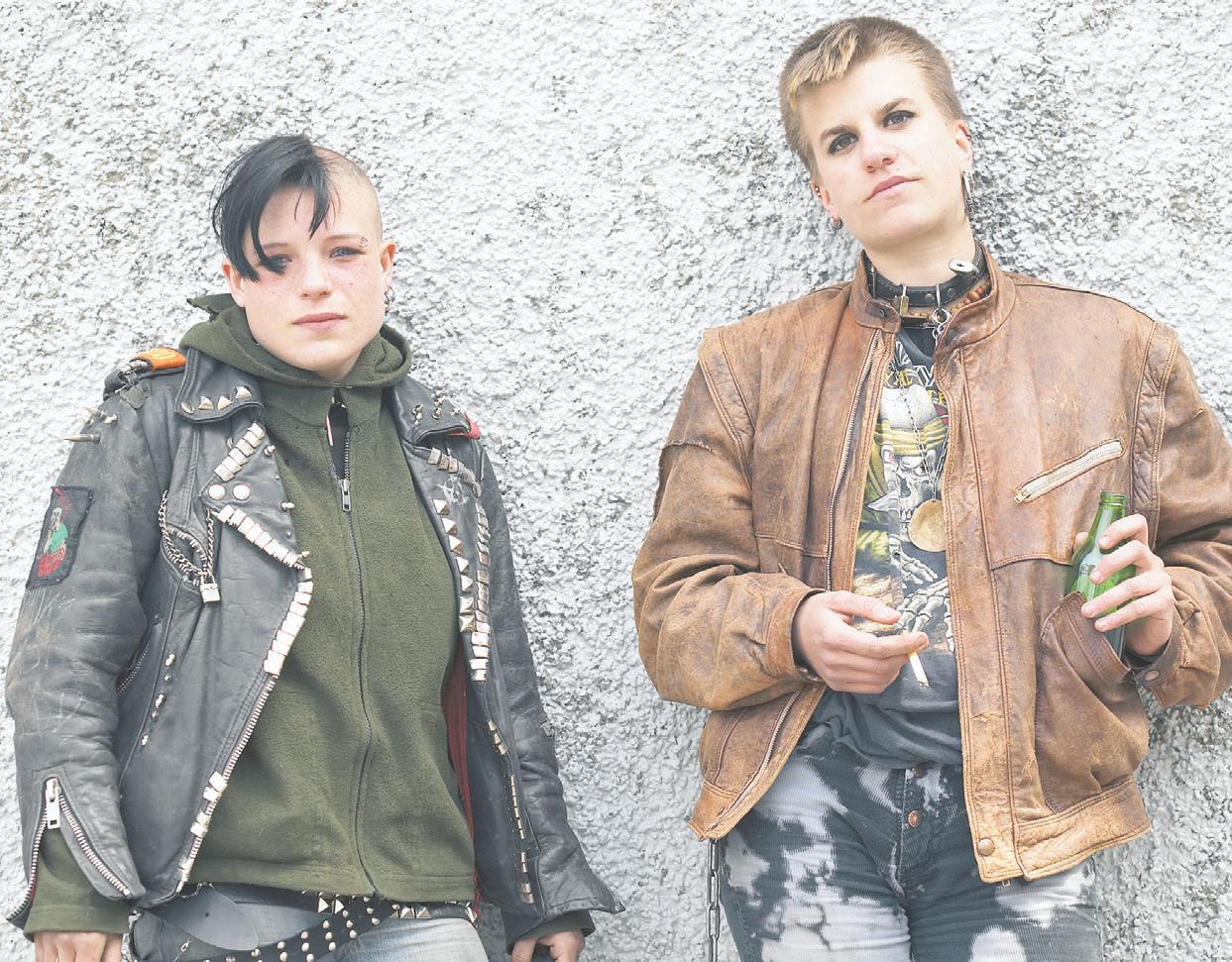
Take the government’s goal of eliminating “child poverty” - a concept, by the way, that makes the family of incidental importance to the child.
The key strategy here, as in the US, is getting single mothers into work, not just increasing welfare payments.
Even so, an independent group estimates the cost of achieving this goal by 2020 at more than 30 billion pounds.
Some of the spending, ironically, goes on preschool and school-based substitutes for parental care.
Kids can now be looked after outside the home for 50 weeks of the year from 8am to 6pm (breakfast and lunch included) at minimal cost to parents.
They are to have classes in social skills such as self-control and respecting the feelings of others.
There is even a pilot scheme running to test the teaching of “happiness” in schools.
Healthy food rules round out the picture of Britain’s schools as homes away from home. Nevertheless they must still ensure that children master the rudiments of learning.
To be fair, Blair and friends are paying a lot of attention to parenting.
They are keen for parents to become better and more confident at their job.
Last November the Minister for Children and Families (in that order) launched a new phase of this agenda with the announcement of a special parenting workforce - one of whose duties will be to ensure that parents read to their children and sing them nursery rhymes.
Predictably, this combination of nanny state and market forces displeases just about everyone.
A couple of months before this, a worried group of 110 teachers, psychologists and other worthies declared that children were growing up in a toxic social environment that includes a “test-driven primary curriculum” and overexposure to the mass media and commercial forces.
A few weeks later some child development experts chimed in with a warning about the dangers of childcare outside the family for children under three years of age.
Interventions like these make good points about negative influences on children, although they are more concerned with the “wiring” of their brains than with their souls, and with personal “skills” rather than virtues.
And although they may talk about parenting and even fami-
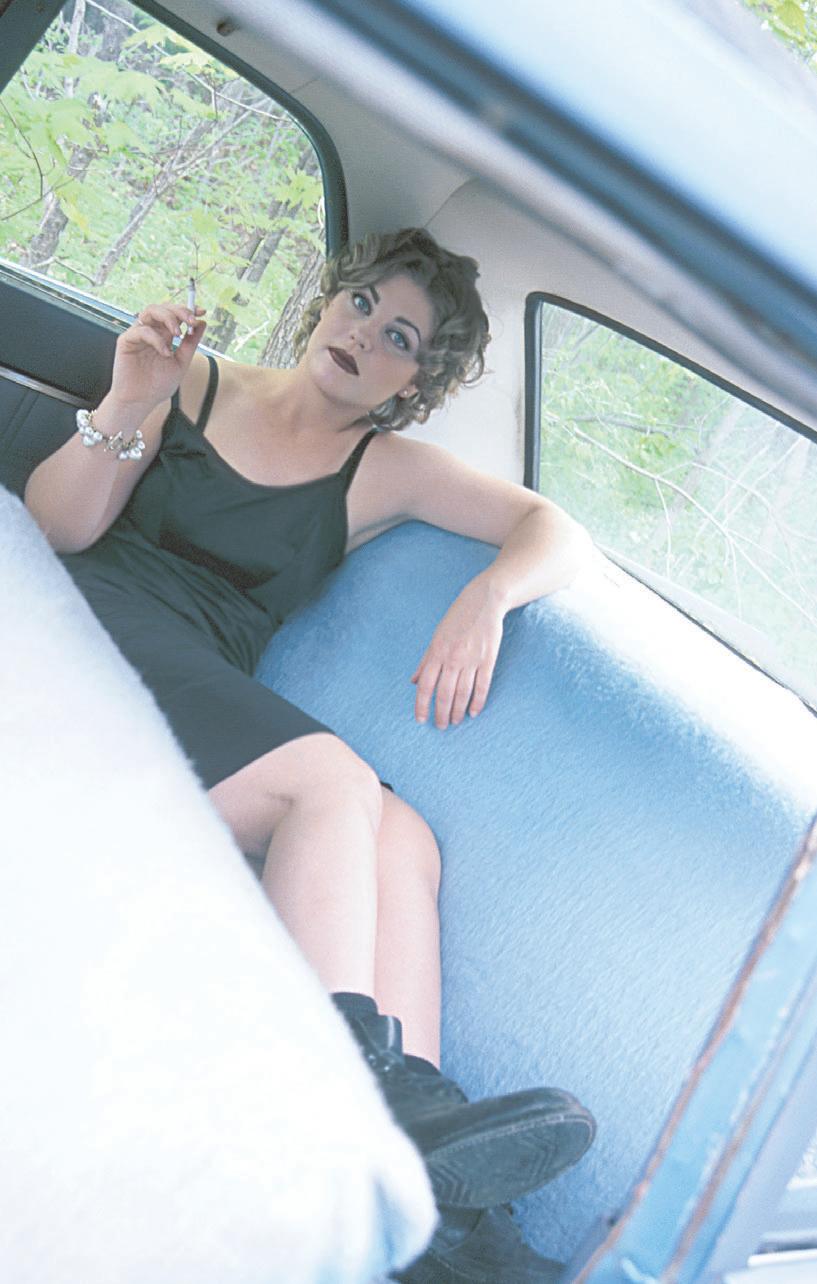

lies, what they and the government utterly fail to tackle is the breakdown of family life itself.
Refusing to deal with family breakdown
Here is what is wrong with British kids: one in four of them lives in a lone parent household, nearly 90 per cent of which households are headed by a lone mother.
In England and Wales in 2003, 153,500 children under 16 were affected by their parents divorcing, with just over one in five being under five years old.
A significant number of children (nearly 200,000 five years ago) do not live with their parents at all.
Teenage girls continue to embrace solo motherhood - despite, or more likely because of, being bombarded with contraceptive advice.
In the United States, welfareto-work policy is complemented by marriage promotion and abstinence education for teenagers.
But official Britain will not commit itself to the family built on marriage or to a sexual ethic that supports it.
“Official Britain will not commit itself to the family built on marriage or to a sexual ethic that supports it.”
In line with legislation which treats marriage and civil unions (of any gender mix) the same, the government in 2003 abolished the term “marital status” from its forms. And a former Married Couples Allowance has been replaced, except for older couples, with tax and benefit systems which treat couples equally whether “married” or “living together as if married”. Freedom’s Children is symptomatic of this refusal.
Courageously, for a socialist document, it recognises that behavioural problems among British youth result to some extent from “changes to families, such as more parents working, and rising rates of divorce and single parenthood”.
It acknowledges US research which consistently shows that “children who grow up in an ‘intact, two-parent family’ with both bio-
logical parents do better on a wide range of outcomes than children who grow up in a single-parent family.”
But in the end, the report treats “changes to families” as merely changes, “trends that are unlikely to reverse” (because they belong to the “evolution” of society?), and indeed ought not to be corrected because that “skews resources away from single-parent families, who tend to be most in need of financial support, and is unnecessarily morally prescriptive.”
“Here is what is wrong with British kids: one in four of them lives in a lone-parent household, nearly 90 per cent of which households are headed by a lone mother.”
Unnecessary, because other research has shown that “marital status matters much less than many other factors in determining whether couples stay together” and that “children growing up in non-traditional family forms can succeed if warmth, stability and consistent parenting are present.”
IPPR’s solutions therefore ring the changes on the status quo: welfare and state parenting.
Marriage does make a difference…
By no means all Britons agree with this view of things.
The facts themselves tell a different story.
Claims that there is little difference between the family built on marriage and other types are contradicted by an important study carried out by the Bristol Community Family Trust and published in September.
With data from the UK’s Millennium Cohort Study - an ongoing survey of 18,819 babies and their families - the trust showed there are substantial differences in family stability between married and unmarried couples in the early years of parenthood, even after discounting socio-economic factors.
“Most notably, the difference in
family breakdown risk between married and cohabiting couples is sufficient that even the poorest 20 per cent of married couples are more stable than the richest 20 per cent of cohabiting couples.”
How are “warmth, stability and consistent parenting” to be achieved or child poverty to be eliminated in relationships which are inherently less stable than marriage?
On the current showing, not even a huge and permanent expansion of public financial and parenting support will do it.
...andmost people know it
The prejudice against marriagefor that is what it boils down to - is the hallmark of the contemporary secularist state.
But what of the citizens?
“A survey published in November last year found that at least half of Britain believes religion is a force for good in society. Meanwhile, young adults are least likely (36 per cent) to dismiss religion as an evil influence.”
When an English woman’s magazine surveyed its readers a few months ago, it found that six out of 10 mothers thought families in Britain were under threat because the government “doesn’t like traditional families”.
Three quarters of working mothers wanted to reduce their working hours, and nine out of 10 favoured tax compensation where a wife stayed at home to look after the family. As for secularism, a survey published in November last year shows that at least half of Britons believe religion is a force for good in society and 58 per cent say Christianity has an important role to play in public life.
Young adults are least likely (only 36 per cent) to dismiss religion as an evil influence - as the popular evolutionary biologist and atheist Richard Dawkins has recently done, again. Dawkins represents the view that tradition is bunk, but this is not the view of the majority of people. For the privilege of being able to leave their homes without being menaced by a hoodie, most Britons would no doubt be happy for their government to encourage marriage and leave it to parents give their kids breakfast.

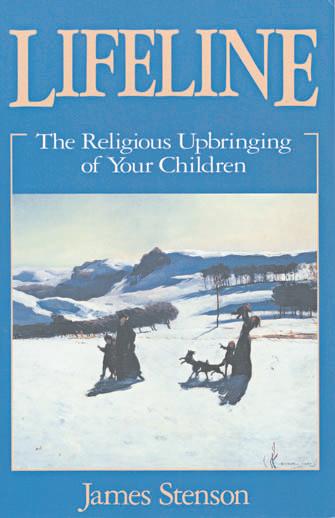

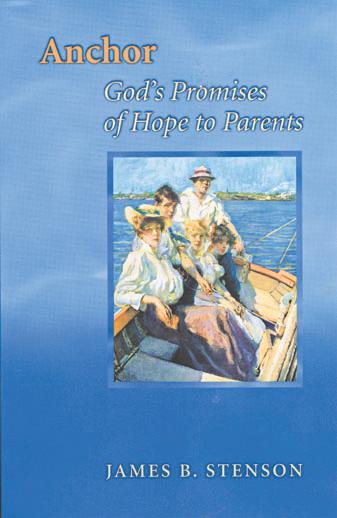





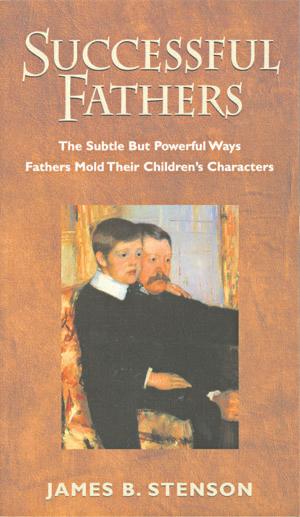
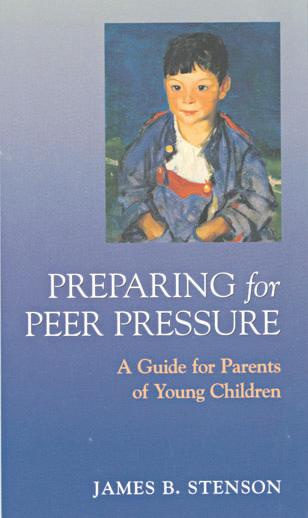


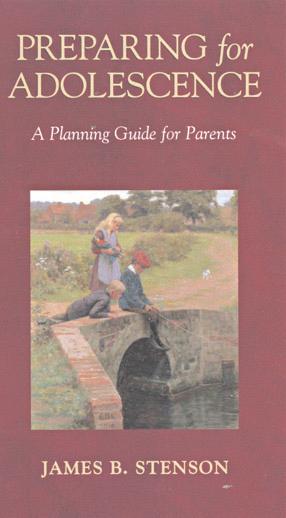
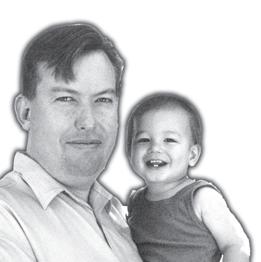
 ■ with Derek Boylen
■ with Derek Boylen
The first months of a baby’s life are particularly hard on parents but they are also a time of miracles.
Iwonder if Mary and Joseph really knew what to expect on that first Christmas morning.
New parents rarely anticipate that a new born infant has as much capacity to inflict torture as any secret service agent or army general.
Babies are equipped to deliver all the usual techniques. Starting with sleep deprivation a newborn soon moves onto sensory overload. The auditory senses are overwhelmed by subjugating the parent to earsplitting and extended periods of crying.
If this isn’t enough the child will generally include a variation
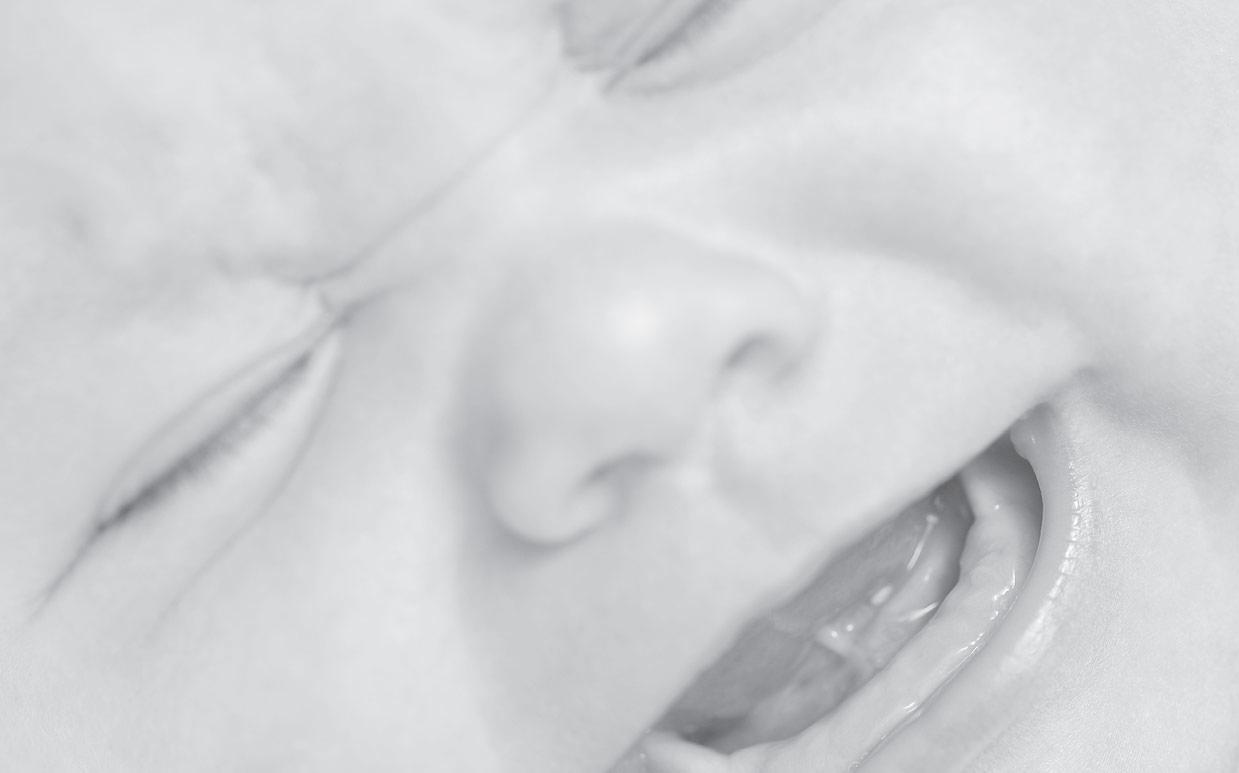
of water torture; the changing of endless wet nappies.
Karen and I are always sure to let new parents know that the first 8 to 12 weeks in their new role as parents will be a ... challenge.
A couple’s first-born is almost universally a major shock to the system for all parents. The good news is that it’s not a stage that lasts forever.
My senior administration offic-
er commented to me recently that there should be a course for surviving the first three months of parenthood. I couldn’t agree more. Perhaps the government could tie it in with receiving the $3000 baby bonus.
It’s a pity that this is such a challenging time for parents because it’s also a time of great miracles. A new person has come into the world. For some mysterious reason God
entrusts two fumbling, inexperienced, tired people with the raising of someone new. A woman and a man suddenly and awkwardly realise their potential to be a mother or father. They are called to draw upon latent skills and qualities. In a very real sense they discover a new identity.
I always encourage couples to discover the qualities being revealed in each other.
Notice and appreciate those times when your spouse is particularly patient with baby or when they offer to take bub and let you get an extra couple of hours rest at three in the morning.
During those times when baby is sleeping get some sleep yourself but if you are both up then find ways to express your love and affection to one another; give your spouse a foot rub or a massage, hug your spouse, give them a kiss or bring them a flower (chocolate may give baby diarrhoea!).
I find it sometimes helps to acknowledge that we were once that little too. It gave me a new perspective on my parents to imagine them 34 years ago sitting up at two in the morning without home shopping or television evangelisation to keep them sane.
I also find myself a little more patient when I consider that at 34 sometimes I struggle to keep my emotions under control when I’m really angry or upset; I shouldn’t expect too much of a two-week old.
A new person coming into the world is one of life’s greatest challenges but if you have your eyes open it can be one of life’s greatest rewards. If you’ve survived pregnancy, birth and the first three months, congratulations! Enjoy the ride from here.
Derek Boylen is director of Catholic Marriage Education Services

■ with John Heard
Lately, I have been watching old episodes of He Man and She Ra on cable.
As a child, these cartoons were the focus of an almost religious zeal. My sister and I watched them over and over.
However, the cartoons have remained in the Eighties while the little boy who watched them has been touched by the world, shoved it back and developed a thicker, more sarcastic skin.
The animation is sloppy, the storylines basic or often laughable and the massively muscled, pink shirt wearing, blond hero (he even has fur-trimmed boots) is more than a little ridiculous, not to mention what many kids and a whole YouTube generation would now describe as pretty ‘ghey’.
There is still, however, a thrilling ethical clarity, a curious authority
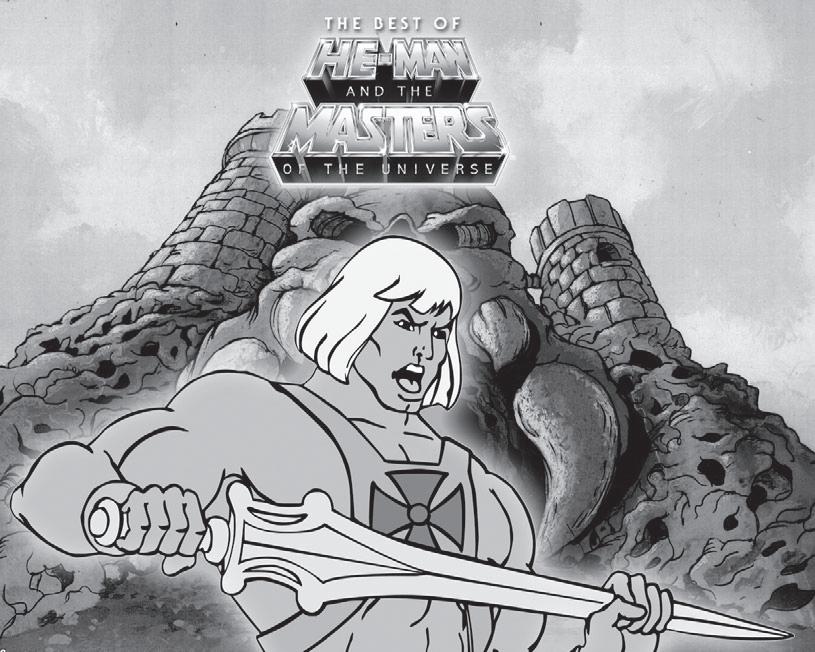
that underpins the episodes. Most of them actually conclude with a brief, ‘moral’ segment. Sure, the lessons are heavy-handed, but they seem heart-felt. Many transmit timeless truths.
Two examples: He-Man’s warning about accepting gifts, praise or entertainments from strangers, which makes sense no matter how old you are and an extended cartoon essay in She-Ra that encouraged viewers not to be fooled by the glamour of evil.
In this latter, an otherwise dedicated servant of a powerful regime was encouraged to take a look for herself, to see how the poor, the
weak and the innocent were really being treated by the masters she once conscientiously served and defended.
I wonder how many individuals would continue to support or tolerate certain laws if they were required to witness an abortion firsthand.
So many of those who champion or even tacitly accept abortion never actually see how abstract edicts and the rhetoric of ‘choice’ literally obliterate the most vulnerable members of the human family.
It is a fact that mothers shown images or videos of abortion are
more likely to reject the practice. In the face of such horrors, it is understandable that one might long for a world where evil is accompanied by arch synthesiser themes or creepy cartoon backdrops.
No doubt, clear lines between the good characters and the evil ones would come in handy in contemporary Australia or anywhere else.
Certainly with an issue as disturbing as abortion, a discussion that takes in a multitude of competing, often vicious views, we need a moral device to sort the worthy arguments, and the good fighters, from those who serve darker purposes or masters.
What we need is something that would help make sense of various conundrums like why some feminists, who argue so eloquently about woman’s God-given right to self-determination and freedom are also sometimes the worst offenders against the rights of the innocent unborn?
Similarly, where is the real-life superhero who will ensure that the tiniest children are protected and right order restored?
Perhaps, however, the heroes are around, but less conspicuous. Certainly they appear to be less muscled.
Tony Abbott, our Catholic Federal Health Minister, is a good example.
Lately he sparked and then steered a more mature, more humane debate about abortion
than any this country has seen. He didn’t need fur-trimmed boots.
In another sage development, just last month Centacare, the welfare arm of the Church, was awarded funding from the Commonwealth to help counsel pregnant mothers who are in crisis and might otherwise resort to an abortion.
Behind these changes, these remarkable interventions for life, stands a simple, empowering fact. Any individual can be a superhero.
Like He-Man’s timid pet Cringer, who is transformed by a force he cannot understand into the mighty Battle Cat, ordinary individuals can be vessels, alongside politicians and others of the great and good, for justice.
We just need the courage to stand up for the most vulnerable.
For the little boy who found his cartoons so compelling and the young man who returned to them and was re-edified, it is a resonating wonder to recognise in Catholic influence, ideas and efforts something of the light-wielding, justicerestoring power of those childhood heroes.
That the power might be greater, hidden yet real in a way that the obvious but fake cartoons cannot emulate is awesome indeed.
Back then I couldn’t wait to join what I thought was the army of light. Now I know where justice raises her banner.
Cue the synthesisers: our generation rides against the dark.
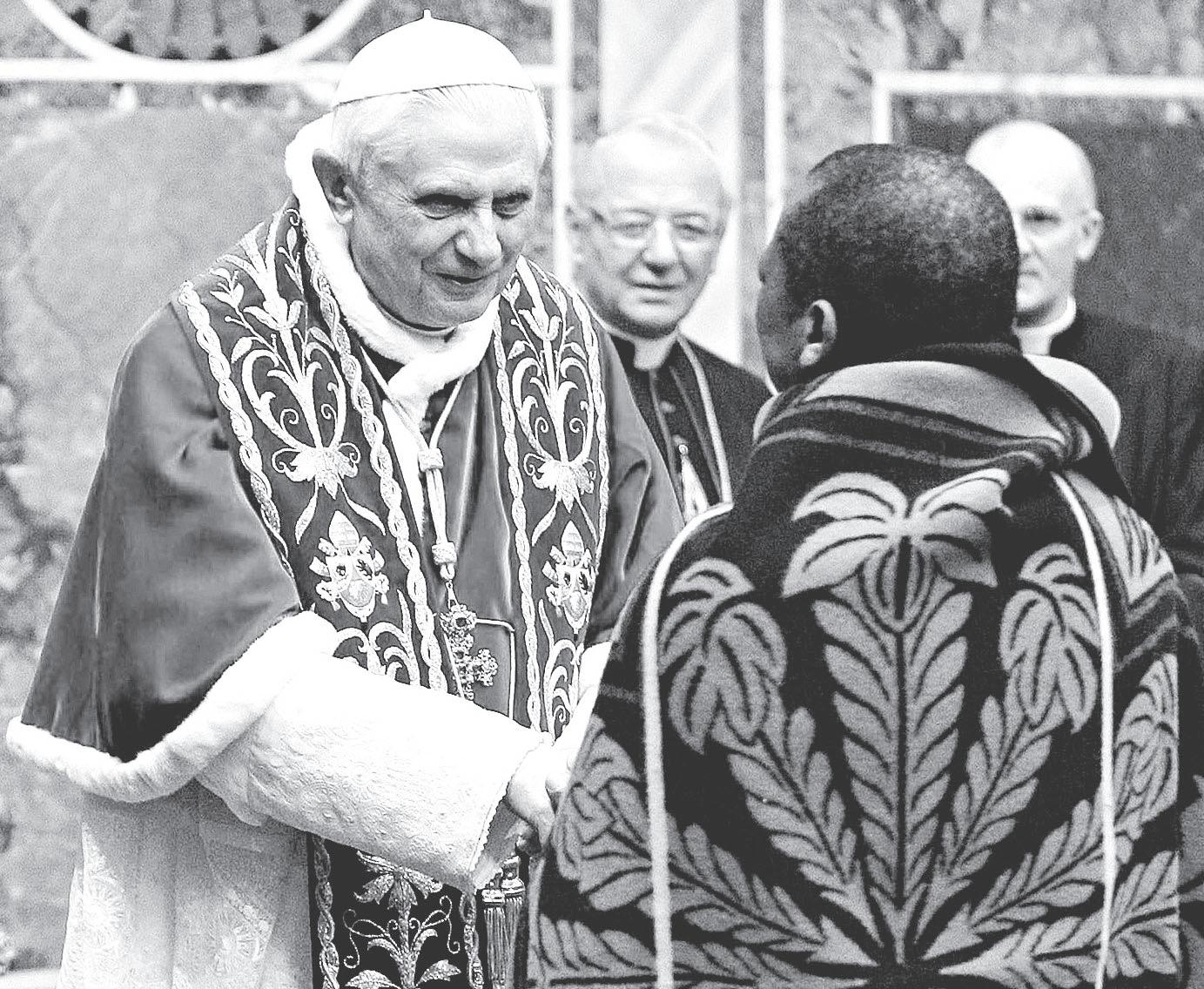
Doctor, lawyer: Ambassadors to Vatican have diverse backgrounds
■ By Cindy WoodenAt first glance, the ambassadors accredited to the Vatican seem to be a group of elegant, older men gracefully ending their diplomatic careers in a posting filled with pomp and circumstance.
The suits with tails, the swords, the plumed hats, sashes and medals highlight the formality of public occasions and the long tradition of nations sending envoys to the Vatican, said Giovanni Galassi, dean of the Vatican diplomatic corps and San Marino’s ambassador to the Holy See.
“But we also must have something real to say; we must serve the world in some way,” Galassi said on January 3, the 20th anniversary of the day he presented his credentials as ambassador to Pope John Paul II.
Galassi was not thinking about his anniversary - “Frankly, I forgot” - but was busy writing the speeches he was to give on January 8 on behalf of the diplomatic corps to Pope Benedict XVI and to Cardinal Tarcisio Bertone, Vatican secretary of state.
The early January date for the Pope’s speech to the diplomatic corps and the formal dinner for the secretary of state that evening mark the one time of year when almost all of the 175 ambassadors and four special representatives gather together.
Galassi arrived at the Vatican in 1980, serving as San Marino’s representative until being named ambassador when his country and the Vatican established full diplomatic relations in 1986.
In 1980, he said, the Vatican exchanged ambassadors with just over 90 countries.
By the end of 2002, the number had increased to 174, thanks particularly to the new nations and the newly democratic nations in Eastern Europe. But the expansion of the diplomatic corps also was due to the upgrading of relations with the United States and Israel.
After a decade in which new diplomatic ties were frequently announced, the number stayed at 174 from 2003 until the very end of 2006, when the Vatican and Montenegro announced on December 16 that they would exchange ambassadors.
Galassi said that when he arrived at the Vatican fewer than 45 of the ambassadors lived full-time in Rome.
Even today, about 70 countries have ambassadors living outside Italy, serving both as ambassa-
dor to the Vatican and to another European country or Europeanbased UN agency.
Still, that leaves more than 100 ambassadors in Rome full time, and Galassi said they do more than invite each other to receptions, although there are plenty of those as well.
“Many of the ambassadors host debates and cultural and artistic events to present the richness of their countries,” he said.
“Also, groups of ambassadors meet regularly for philosophical and religious discussions with the help of a few monsignors. These are an enrichment for each one of us.” Diplomatic service at the Vatican is unique, he said.
“We are not called by our governments to work on economic agreements or commercial treaties, but to share our concerns for the human person,” he said.
“I do not engage in negotiations for weapons consignments, but for improving the lot of the human person, promoting social justice, solidarity and love,” Galassi said.
The ambassador said being dean of the diplomatic corps “is a great satisfaction,” particularly because of the kind of people countries tend to nominate as their Vatican ambassadors.
Galassi is a surgeon and, while serving as ambassador, taught surgery in Rome until reach-
Pope calls deceased Congolese Cardinal ‘eminent son of Africa’
■ By Cindy WoodenC ongolese Cardinal Frederic Etsou-Nzabi-Bamungwabi of Kinshasa, who died on January 6 of pneumonia in a Belgian hospital, was an “eminent son of Africa” who devoted his life to preaching the Gospel and serving the African people, Pope Benedict XVI said. The cardinal, 76, had been hospitalised for complications related to diabetes.
Pope Benedict sent telegrams of condolence to the Catholics of Kinshasa and to the Congregation of the Immaculate Heart of Mary, to which the cardinal had belonged.
Cardinal Etsou-NzabiBamungwabi was known as a leading voice for reconciliation in his own war-torn nation and throughout Africa’s Great Lakes region.
His death left the College of Cardinals with 185 members, 111 of whom were under age 80 and eligible to vote in a conclave to elect a new pope. Another member of the college, retired Mexican Cardinal Adolfo Antonio Suarez Rivera of Monterrey, was to reach his 80th birthday on January 9.
A memorial Mass for Cardinal Etsou-Nzabi-Bamungwabi was scheduled for January 9 in Brussels, Belgium. His body was to be flown to Kinshasa on January 11 where a memorial Mass was scheduled for January 14 with the funeral Mass and burial to follow on January 15.
ing the mandatory retirement age of 69 in 2005. “Many of the ambassadors to the Vatican are not career diplomats, but personalities in their own country. Most have a high level of education and culture,” he said.
One of the newest ambassadors, Princess Elizabeth Bagaya of Uganda, is a lawyer and the granddaughter of King Kasagama Kyebambe IV, the first Ugandan king to be baptised a Christian.
In the 1960s and ‘70s, she worked as a model and actress, then became active in Uganda’s National Resistance Movement.
When she presented her letters of credential to Pope Benedict in mid-December, she told him that “following in the footsteps” of her grandfather she hoped to protect and strengthen the contributions Christians have made to her country.
Close to 20 ambassadors began their service at the Vatican in 2005. Like the princess, a half dozen of them earned their university degrees in law, but there also were several who studied literature.
More than half of the new ambassadors were career diplomats, but several were university professors; two of the new ambassadors had served as mayors; the group also included a physician, a pharmacist and an engineer in the group.
Cardinal Etsou-NzabiBamungwabi had been Archbishop of Kinshasa since August 1990 when he was named the successor to Cardinal Joseph Malula, the first cardinal in the Democratic Republic of Congo, then Zaire. Cardinal Malula died in June 1989.
Congolese President Joseph Kabila announced that the date of the funeral would be a national day of mourning in his country.
Born on December 3, 1930, in Mazalonga, he attended a Catholic grade school in Boyange before entering the minor seminary in Bolongo.
He entered the major seminary at Kabwe in 1949 where he completed his philosophy studies and began his theology courses.
He took a year off for “silence and prayer,” according to a Vatican biography, then entered the Congregation of the Immaculate Heart of Mary in 1954.
He was ordained to the priesthood in 1958. After various pastoral assignments, he was sent to the Catholic Institute of Paris where he studied sociology and to Brussels where he earned a degree in pastoral theology.
Shortly after being named Archbishop of Mbandaka-Bikoro in 1976, he was elected vice president of the Zairian bishops’ conference.


Pope Benedict XVI said the age of globalisation is challenging political, scientific and religious leaders to shape a new world order based on spiritual values.
This means an encounter with the “light of Christ,” which can reveal the deepest values of all cultures, the Pope said.
“To all people of our time, I want to repeat today: Do not be afraid of the light of Christ!” he said.
The Pope made the remarks at a Mass on January 6 on the feast of the Epiphany, which marks the manifestation of Jesus as Saviour to the world. In his sermon, he recalled the New Testament account of the three Wise Men or Magi, guided to Bethlehem by a star, who were the first to come and adore Jesus.
The Wise Men were mysterious but important figures as the Church began its mission of bringing Christ to the world, he said. Then he posed the question, “Who are the Wise Men of today?”
He answered by identifying three classes of leaders: political authorities, people of intellect and science, and the leaders of the world’s faiths. All three categories are important as the Church continues its task of
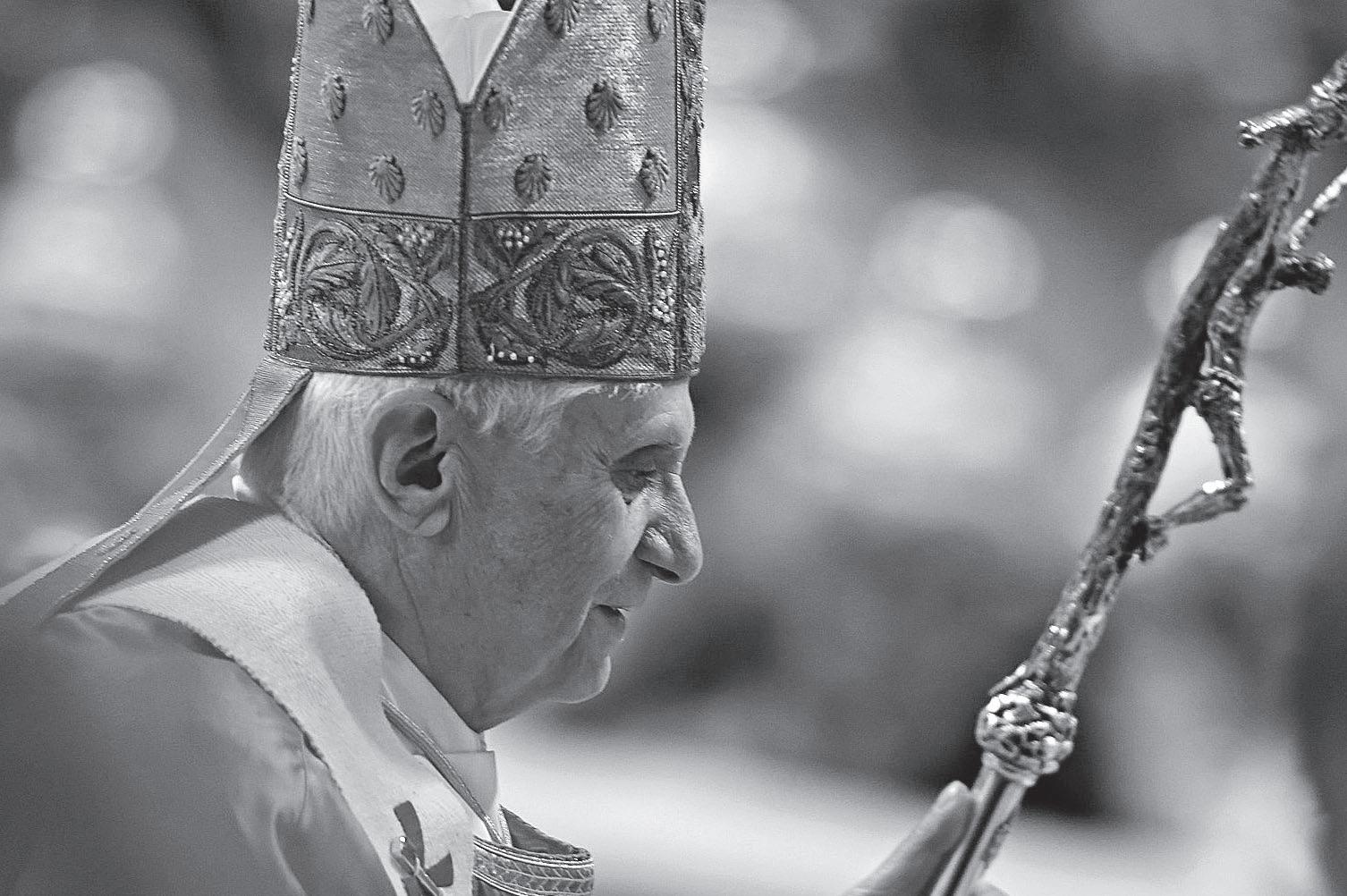
transforming the world, he said.
“Two thousand years later, we can recognise in the Magi a sort of prefiguration of these three dimensions that make up modern humanism: the political, scientific and religious dimensions. The Epiphany shows them in a state of ‘pilgrimage’, that is, a movement of searching that has its ultimate point of arrival in Christ,” he said.
The world has changed dramatically since the birth of Christ, the
Pope said. Today a global civilisation is emerging that no longer has Europe or even the West at its centre, he said.
The explosion of mass media, a key component of this new civilisation, has connected people around the globe and created an immense flow of information, but also seems to obscure humanity’s ultimate goals and weaken the capacity for critical judgment, he said.
The Pope noted that the Second
Vatican Council in its closing messages in 1965 made a point to address politicians and scientists, asking them not to forget God in their work and not to forget Christ as the great builder of peace and order in the world.
Today, he said, it is particularly important to add to this list the leaders of the great non-Christian religions, “inviting them to confront themselves with the light of Christ, which came not to abolish
but to bring to completion what the hand of God has written in the religious history of civilisations.”
“Christ is the light, and light cannot obscure but only enlighten, clear up, reveal. No one therefore should be afraid of Christ and his message!” he said.
He added that, even if Christians through the centuries had fallen short of Christ’s own teachings and betrayed him with their behaviour, that does not lessen the importance of his message but only throws it into higher relief.
After the Mass, tens of thousands of Italians streamed to St Peter’s Square to listen to the Pope’s noon prayer and to visit the Vatican’s giant Nativity scene.
The Epiphany, a national holiday in Italy, is largely dedicated to children, and the square was full of young people.
The Pope said it was important for parents and educators to promote a missionary spirit among Catholic children.
He noted that the Epiphany was dedicated to the Holy Childhood Association, a children-supporting missionary organisation that works in 110 countries, and thanked young people for their support of works that are designed to aid the world’s needy.
The Pope also extended a Christmas greeting to Eastern Christians who follow the Julian calendar and were preparing to celebrate the birth of Christ on January 7.
Dying teen’s CD helps repay producer’s debt to Catholic missionaries
Rock guitarist Daniel Feterick may have lost his battle with a rare and aggressive form of cancer, but his music lives on, thanks to a Nashville record producer who wanted to repay a debt to Catholic missionaries in Guatemala.
Father David J. Buckles celebrated a funeral Mass on December 30 for Feterick at St. Mary Catholic Church in Frankfort, Ind.
The 19-year-old musician died on December 27 at Riley Hospital for Children in Indianapolis of acute myelogenous leukemia.
But Feterick achieved one of his life’s goals when he recorded the 12-track compact disc “Waiting for the Sun to Find Me,” launched just two months before his death. Record producer Robert Metzgar signed Feterick to the Platinum Plus Universal label in Nashville and produced the CD.
“I have always been so touched by the ministry of the Catholic Church,” Metzgar said in a news release. “I was touched by their ministry to Daniel Feterick and his family.
“When I was deathly sick as a little boy in the jungles of Guatemala, wonderful Catholic missionaries not only helped me medically, but they flew me home
and paid for my medical help so I could recover,” he added.
“I owe a great debt of gratitude to the Catholic Church and their ministries to people just like Daniel and myself.”
Writing on his Web site before his death, Feterick called Metzgar “my mental salvation.”
“We have two options in life both medically and emotionally. We can give up or fight like hell,” he added.
“When you are in a difficult place, realise that the Lord either placed you there or allowed you to be there for reasons perhaps unknown for now, (known) only to him. The same God that led you in will certainly lead you out.”
Feterick was first diagnosed with cancer in August 2004 and underwent three rounds of chemotherapy.
He graduated from Frankfort High School in 2005 and entered Anderson University in Anderson, Ind., to study Bible and Christian ministry.
While in school he worked at the Clinton County (Ind.) Boys & Girls Club and the Jim Dandy restaurant, where he often sang with his guitar and his band, called Rustik Roots.
Feterick said recording his CD “was the most incredible experience of my life.”
“Mr. Metzgar saw to it that I recorded with the most famous
session players in Nashville,” he wrote on his Web site. “I looked at Toby Keith’s album credits and all the guys that worked for him worked for me.
No one scrimped on my album. I could have never afforded to do this without his help. I couldn’t wait until the CDs arrived.”
But a month before the CDs arrived, doctors told Feterick that his cancer had returned, requiring more chemotherapy and a bone marrow transplant. He died about six months later of complications from the transplant.
Metzgar said the title track on Feterick’s CD was especially appropriate for him.
“I know my day will come, when all the hurting’s done. I don’t know how and don’t know when,” the lyrics read.
“I’m waiting for the sun to find me, a ray of hope so bright it blinds me. Oh, I sure could use a rainbow now.”
“I know Daniel is in a better place and singing with all the great legendary singers who have gone before him,” Metzgar said. “I think Johnny Cash and June Carter have probably joined Daniel on this song.”
Feterick’s CD, “Waiting for the Sun to Find Me,” is available at retail music outlets and from such digital outlets as eMusic, iTunes, Napster and many others.
Catholic agencies distribute holiday aid packages in Gaza Strip
■ By Judith SudilovskyThree Catholic aid agencies distributed blankets and food to several thousand families in the Gaza Strip as the new year began.
The aid packages included 12 food items plus two blankets, said Omar Shaban, Gaza field manager for Catholic Relief Services, the US Bishops’ international aid and relief agency.
“The winter is colder than normal this year, and the people felt we were really thinking about them,” Shaban said in a phone interview with Catholic News Service. The women especially expressed gratitude for the extra blankets for their children, he added.
“Coming at the time of the holiday and during the cold winter, people received these packages like a gift,” said Shaban.
CRS partnered with two other Catholic organisations - Trocaire, the overseas development agency of the Irish bishops, and Caritas France, part of the international Catholic aid network of Caritas Internationalis - to implement the holiday-season distribution to the more needy areas of the Gaza
Strip such as Beit Hanoun and the northern areas that were the site of heavy fighting between Israeli and Palestinian forces in early November.
The distribution, which began on December 30, was designed to deliver about 6,000 locally produced blankets for the holidays, but the large demand caused a delay of a few days, Shaban said, and the five factories in Gaza supplying the blankets fell behind in their orders due to the four-day Islamic holiday of Eid al-Adha.
“The factories have to produce about 250 blankets a day each,” Shaban said. “Six thousand blankets is a huge number of blankets. Even in Tel Aviv (Israel) you can’t find 6,000 blankets in storage. They are working 10, 15 days just on our order, so this project is good for the local economy, too.”
Some blankets were imported from Turkey to help fill the order, he added. The aid agencies targeted single-parent households, especially those headed by women; families with members with disabilities; and families who have had lengthy periods with little or no income. Families who are not registered beneficiaries of the Palestinian Ministry of Social Affairs or the UN Relief and Works Agency for Palestine Refugees in the Near East and who had not received assistance in the past six months also were targeted.


Spanish Bishop rejects Muslims’ request to worship in cathedral
■ By Jonathan LuxmooreBishop Juan Asenjo Pelegrina of Cordoba, Spain, has rejected calls by Muslims to be allowed to worship in the Cordoba cathedral, which in medieval times was a mosque.
Bishop Asenjo said the Cordoba Diocese is “not against Muslims having a worthy place of worship, just as it also wishes this for Christians living in countries with a Muslim majority,” but “the shared use of Cordoba cathedral by Catholics and Muslims would not contribute to peaceful interfaith relations.”
Spain’s Islamic Board, which represents a community of 800,000 in the traditionally Catholic country of 44 million, recently wrote to Pope Benedict XVI requesting Vatican authorisation to share the cathedral.
In a statement on December 27 responding to the request, Bishop Asenjo said he believed Cordoba’s “relatively small” Muslim minority - less than 1 percent of its 350,000 inhabitants - did not need extra facilities.
Bishop Asenjo said his diocese favoured “relations of respect and appreciation” with Muslims and hoped to maintain dialogue.
However, he added, the Catholic Church held “irrefutable historic
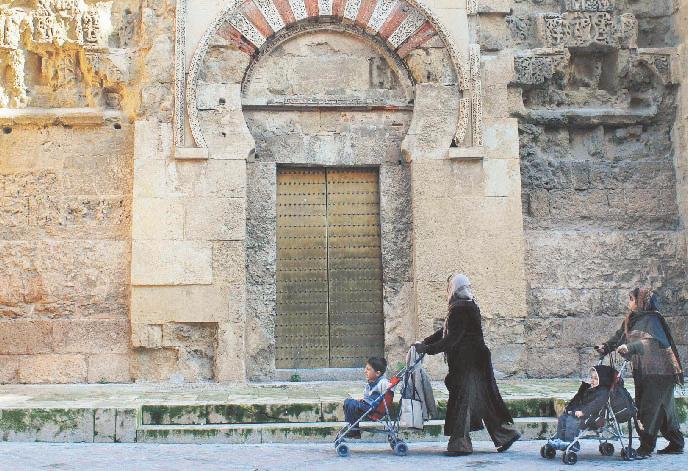
titles” to exclusive use of the cathedral and believed that sharing it would “only generate confusion among the faithful and give rise to religious scepticism.”
“The Christian roots of Cordoba and its 1,700-year Christian history deserve respect,” said the Bishop. “Catholics in Cordoba wish to live in peace with believers of other creeds. But we do not want to be continually subjected to pressure
that contributes nothing.” Built in 785 on the ruins of a Visigothic basilica, Cordoba’s 70,000-squarefoot mosque was turned into a cathedral after the city’s recapture from the Moors by King Ferdinand III in 1236. It was dedicated as a cathedral in 1523.
In 2004, a group of Muslims demanded the right to worship in the cathedral, but they were
criticised by Archbishop Michael Fitzgerald, then-president of the Pontifical Council for Interreligious Dialogue.
Mansur Escudero, the Islamic Board’s secretary-general, said on December 26 he had relayed the most recent request to the Pope, hoping to “awaken the consciences” of Catholics and Muslims and help bury past confrontations.
Canadian court OKs three parents; groups urge study of effects
■ By Deborah GyapongPro-marriage and Catholic groups have called for a federal government study after the Court of Appeal for Ontario recognised three parents for a child living with a lesbian couple.
The court, which ruled on January 2 that the child’s biological
mother and father and the mother’s lesbian partner all have equal rights and obligations to the child, overturned a lower court decision limiting rights to two parents.
The decision prompted calls for a royal commission to study the future of marriage and families in Canada. Michele Boulva, director of the Catholic Organisation for Life and Family, said on January 2:
“The kind of research we need now in Canada concerns the impact on children of redefining parenthood.
“It should also be a call to develop a global family policy that gives priority to children’s rights and needs
While he has said for years that terrorists were hiding out in Somalia, the apostolic administrator of the Diocese of Mogadishu said more US airstrikes would only make things worse. Bishop Giorgio Bertin of Djibouti, who also oversees the church in Somalia’s chaotic and violent capital, spoke to the Vatican’s Fides news agency on January 9, the day after a US Air Force gunship fired on suspected al-Qaida terrorists in southern Somalia.
“Prudence must guide all human activities, and it is even more important when taking action in a country like Somalia,” Bishop Bertin said. “This act risks throwing
over adult desires, because children are our future,” she said.
The decision prompted calls for a royal commission to study the future of marriage and families in Canada.
“The governments can’t let the courts decide these matters.”
The Catholic Civil Rights League joined the Evangelical Fellowship of Canada, REAL Women of Canada, Focus on the Family and the
more fuel on an already explosive situation.”
The Bishop added, “I do not think this attack reinforces the support of Somalia’s population for the fragile government of transition and for Ethiopia,” which helped the transitional government regain control of the country in late December and early January. A Pentagon official told The New York Times late on January 8 that a US Air Force AC-130 gunship operating from a base in Djibouti fired on suspected al-Qaida terrorists in southern Somalia, causing multiple casualties.
A Scottish Bishop has urged Catholics to oppose plans to renew Great Britain’s nuclear arsenal. Bishop Peter Moran of Aberdeen,
Christian Legal Fellowship as members of the Alliance for Marriage and Family to intervene in the socalled “three parents’ case.”
“It is clear that courts will be asked to fill in many gaps that exist in traditional understandings of family as a result of changes to the definition of marriage and parent in Canadian law,” Phil Horgan, president of the league, said in statement. “In this case the obvious question is that, if a child can have three parents, who is to say three is the limit?” he asked.
Don Hutchinson, general counsel of the Evangelical Fellowship of
Scotland, called on Catholics to tell legislators about the Catholic Church’s opposition to the proposals before the British Parliament’s debate on plans to upgrade the submarine-based Trident nuclear weapons system. Legislators were to debate the issue and vote on it in March. In a pastoral letter read at Masses in Scotland on January 6-7, the Bishop said that, like King Herod plotting to kill Jesus, many people were still “plotting death for the innocent.”
“The world’s most powerful governments, including our own, seem determined to base our security on having nuclear weapons available,” said Bishop Moran, president of the Justice and Peace Commission of the Bishops’ Conference of Scotland. He thanked Catholics who already had signed a petition opposing the British government’s proposals to redevelop the Trident system.
Monsignor makes ‘The Divine Comedy’ a musical
A Rome Monsignor has composed an extravagant musical version of “The Divine Comedy,” featuring symphonic music in heaven, Gregorian chant in purgatory and hard rock in hell. That’s not a value judgment on rock music - it just seemed to fit the spirit of rebellion in Dante’s description of the inferno, Mgr. Marco Frisina told Vatican Radio Mgr. Frisina, a liturgy official for the Diocese of Rome and a wellknown composer of religious music, said the new work, “The Divine Comedy: The Opera,” will use a 100-piece orchestra, 50 dancers and singers, and more than 250 costumes.
“I’m simply using the music and sounds of rock to communicate that sense of laceration, drama and deep rebellion that rock music can express so well,” he said. “I needed rock music for the sounds in the city of Dis (the lowest part of hell), for the most violent part of Dante’s inferno. But this is not a judgment about rock,” he said. The second half of the opera portrays the pilgrim’s path through purgatory to paradise, and the music no longer expresses passion or desperation, but a “desire of the absolute,” Mgr. Frisina said. Gregorian chant and symphonic harmony were the appropriate musical choices, he said. CNS
Canada, said in statement: “This is another unfortunate example of allowing the courts to make decisions in areas where the government should be determining public policy.
“There is an old saying that ‘Hard cases make bad law.’ In this instance a difficult and emotionally charged situation has been met with a decision that will have a definite ripple effect throughout our society,” he said. Hutchinson said the case raises not only the question of how many parents each child may have but also what determines the number of parents.
A US priest charged with coordinating Caritas Internationalis’ HIV/AIDS work has urged Indian bishops to overcome the “prejudices and fears” that even clergy have toward those affected with HIV/AIDS. “There are priests who are afraid of anointing HIV-positive people,” said Father Robert Vitillo, special adviser on HIV and AIDS to Caritas, the international Catholic aid federation. Father Vitillo, who regularly conducts workshops on AIDS, said he finds that priests have “a lot of apprehension when dealing with HIV-positive people.” While many church workers and priests were fearlessly helping those affected by AIDS, Father Vitillo said, some priests still ask him: “How can I anoint one with HIV? Will I be infected?” CNS
Increasing numbers of babies are born very premature or below weight. Should we try to save them all?
Medical groups in Britain are calling for a debate about the treatment and care of very premature babies, especially those born before 25 weeks. Most of these babies currently do not survive to leave hospital, and survival before 22 weeks is very rare. However, the number born at these very low
■ By Carlo BellieniMercatorNet: It must be very difficult to decide whether or not to treat very premature babies. What principles do you use? Do you think it is a good idea to set down a rule that all babies born before, say, 22 weeks should be allowed to die?
Carlo Bellieni: It is not difficult: we resuscitate babies on the basis of their actual possibility of surviving. It becomes difficult if you decide to resuscitate only those who will not have severe brain damage.
But is that ethical? At birth you cannot be sure of the prognosis. So you finish up resuscitating only “normal” babies and only on the basis of an hypothesis.
Last month we organised a congress in Bologna, Italy, with more than 500 neonatologists and neonatal nurses.
The title was “Deciding in Neonatology”. From this congress it emerged that we cannot make decisions about a very premature baby without seeing him/herwithout assessing, through a rapid but accurate investigation, his/her actual gestational age (GA) and his/her response to resuscitation.
We know that before 23 weeks GA the possibilities of surviving are few, but errors can be present in assessing age before birth.
MercatorNet: What light does your research on infantile pain throw on the case of a very premature baby needing resuscitation and intensive care for a chance of survival?
Dr Bellieni: My research shows that even in premature babies pain should be considered and overcome. Moreover, we know that premature babies are social beings and they need to be soothed and cared for; they need the presence of parents.
We studied a type of nonpharmacological pain relief based on distraction and reassurance of these babies and it is absolutely effective. We treat them as what they are: persons. Anyway, we have such effective analgesic drugs and treatments that believing that pain is a reason to let babies die is anachronistic.
MercatorNet: The issue of pain in premature babies - which is recognised by the Nuffield Council - raises the question of pain in babies whose lives are terminated, especially in Britain where the law allows induced abortion at any time during pregnancy if a fetus is at “substantial risk of serious handicap”. Some scientists deny
gestations is increasing. This raises difficult issues: pain for the babies if they are treated; futility of treatment when death is likely anyway; emotional suffering for the parents; possible court cases; and costs to the health system.
The Royal College of Obstetricians and Gynaecologists suggests that infant euthanasia should be legalised. The Nuffield Council on Bioethics opposes
that the fetus feels pain; would they also have to deny the need for palliative care for a baby born alive at 22 weeks?
Dr Bellieni: In order to deny fetal pain, some philosophers say pain is impossible without selfawareness, and as awareness begins when the baby is one year old, they affirm that infants do not actually feel pain! But physiological and embryological studies show that there is no evidence to deny fetal
active euthanasia but proposes: a) all babies born before 22 weeks should be given palliative care only - that is, they should be allowed to die; b) babies born between 22 and 23 weeks should only be given intensive care if the parents request it after thorough discussion of the risks and if the doctors agree; c) for babies born between 24 and 25 weeks parents should have the final say about
Should the possibility of longterm disability be considered when deciding whether to treat a newborn?
Dr Bellieni: I recommend palliative care when all therapies are useless and the baby is dying. But, pay attention: someone may say that a therapy is futile and should be avoided if its result is the survival of a handicapped baby.
This is why some call the period between 23 and 25 weeks of
intensive care. The British Medical Association, however, opposes any rule tied to the number of weeks gestation, saying every case must be judged on its merits.
To get another ethical perspective MercatorNet asked Italian neonatologist Dr Carlo Bellieni, who has a special interest in infantile pain, for his views on the treatment of these babies.
lished in the US journal Pediatrics shows that in hospitals where a selective resuscitation of babies aged 23-25 weeks of GA is performed, there is a higher rate of handicap among the survivors, when compared with those hospitals where all babies of the same GA receive intensive care.
This is also due to the fact that we have no sure prognostic tool at birth. So, we have moral reasons to not abandon extremely premature
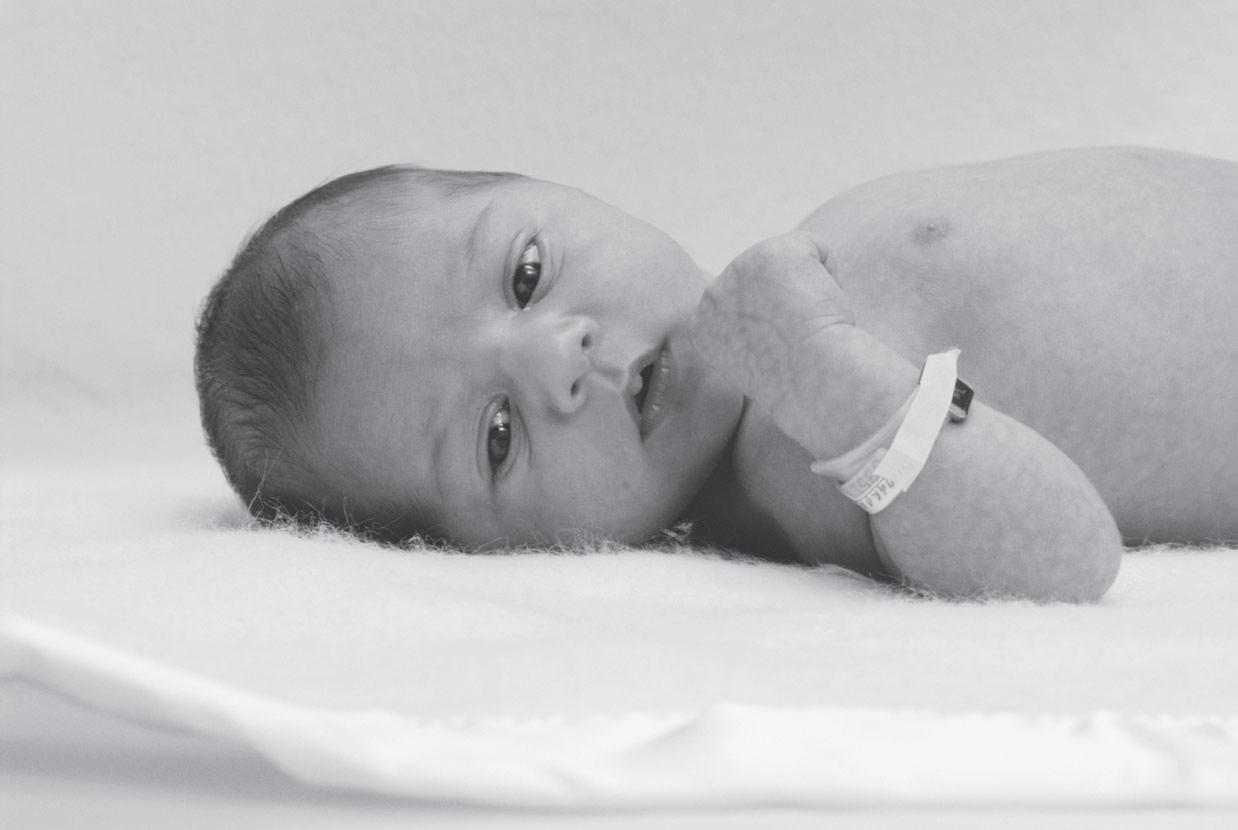

Dr Carlo Bellieni
“If a baby is not dying, but we have a high risk of disability, what should we decide? There is nothing to decide. We must care and cure - unless we believe that disabled lives should disappear, through eugenic selection.”

pain, at least from 20 weeks of GA. Sunny Anand, the pioneer of neonatal pain, devoted to this problem an issue of the official journal of the International Association for the Study of Pain in June 2006, to reaffirm that pain perception begins in the second trimester of gestation. Anyway prejudice and resistance against the recognition of fetal and neonatal pain are still present and they are big foes to effective treatment.
MercatorNet: Are there circumstances in which you would recommend palliative care only?
nothing except give him/her comfort. If a baby is not dying, but we have a high risk of disability, what should we decide?
There is nothing to decide: we must care and cure - unless we believe that disabled lives should disappear, through eugenic selection.
MercatorNet: Should cost to the health system be a factor in deciding on the fate of babies born under 25 weeks?
Dr Bellieni: A 25-week-old baby is costly, though less expensive than a few years ago: Between 1994 and 1996, the median treatment cost per infant with birth weight 501 to 1500 g at the 6 project NICUs ... decreased from $57606 to $46674; at the 4 chronic lung disease hospitals, for infants with birth weights 501 to 1000 g, it decreased from $85959 to $77250.”
However, a 2003 study found neonatal hospital costs averaged US$202,700 for a delivery at 25 weeks, and US$224,400 for a newborn at 500-700 g.
And there is also the cost of caring for a disabled person throughout his/her life. Will this be ignored when politicians decide about the right to life of these babies? I hope that economics will never be the starting point for deciding on neonatal resuscitation.
GA a “grey zone”. Babies born in this period have a significant rate of survival, but also a significant rate of handicap. I believe that a disabled life is worth living: most families of disabled persons agree.
But our fear of disability, which I call handiphobia, dictates that “death is better than a life with handicap”.
This attitude accepts the sacrifice of all babies born before a certain GA because they have a high risk of handicap. The Bologna congress declared that this is unacceptable.
A recent Swedish study pub-
babies, but the evident absence of a reliable instrument to make a sure prognosis means that such abandonment is wrong even from the clinical point of view: all premature babies who can have a chance to survive - that is, who have a lung development which permits the resuscitation - should be cared for.
Nor should it be, any more than when we decide on a strategy against AIDS or leukaemia. Human life cannot be measured with money.
MercatorNet: Is it true that the number of these births is increasing, and if so, what’s behind this trend? Does IVF have much to do with it?
Dr Bellieni: Prematurity is increasing, and the risk of being born prematurely is greater with IV F.

MercatorNet: Who should have the final say in a particular case - the doctors? Parents? Courts?
Dr Bellieni: Parents are in a very difficult position. Doctors spend years to learn what cerebral palsy is, and we assume parents can learn it in few minutes; we urge them to decide while we ignore the prognosis; we want them to be rational when they are stressed and weary: it is absurd.
Resuscitation must be decided on the basis of objective data which only physicians can correctly analyse.
Parents must anyway be informed step by step about the evolution of the clinical state of the baby, but they cannot have the last word. If a baby is dying we can do
The trend towards later childbearing also plays its part. Women are led to believe they can bear a child whenever they decide to, but this is not correct.
Of course, most babies conceived in-vitro are well and healthy, but the percentage of them with some health problems is greater than among the general population. All scientific literature agrees with this warning.
Dr Carlo V. Bellieni is a neonatologist, professor of neonatal therapy at the Pediatrics school of the University of Siena, Italy. He is member of the scientific board of the European Pain School. He has written several books about the fetus as a person, which have been translated into Spanish and French. His research on infantile pain has been reported by The Times (UK), El Mundo (Spain), CNN, ABC, and many other media.
Recently launched, We Have a Story has provided an opportunity for those with disabilities to shine as they recount their life experiences and inspire the Church with their personal stories of hurt, understanding and love.
Anew book containing a collection of stories from people with disabilities, their families and faith communities would be an inspiration and a blessing for the Church in Australia, Bishop Max Davis said.
Bishop Davis officially launched the book, entitled “We Have a Story”, in Canberra.
The launch followed a Mass at St Peter Chanel’s Church, Yarralumla, which was attended by many people with a disability and their family, friends, carers and parish priests.
The chief celebrant was Bishop Eugene Hurley, chairman of the Bishops’ Commission for Pastoral Life.
Assisting him was Bishop Davis, the Commission’s Delegate for Disability Issues.
A number of priests also concelebrated.
A key feature of the Mass was the participation of people with a disability in the liturgy.
Altar servers were Hayden Quinlan and Brandon Toohey from the Gordon Parish in the Diocese of Ballarat.
Mellissa King from the Diocese of Bathurst read from Isaiah and the book of Gospels was processed in by Graham, Michelle and Brendan Franklin from the Mount Gravatt Parish in the Archdiocese of Brisbane.
The gifts were presented by
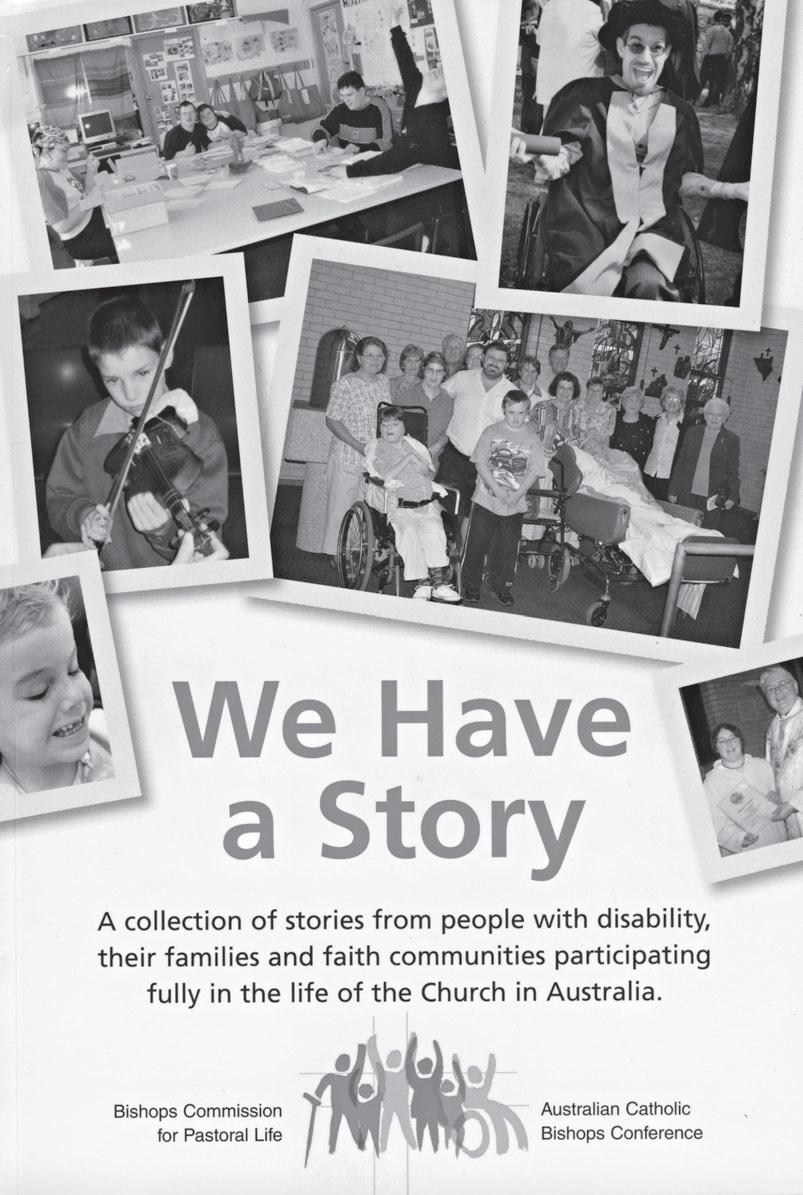
Kieran, Maureen, Bevan and Damien Gallagher from the Maroochydore Parish, also from Brisbane Archdiocese.
The Mass also featured the national launch of a new hymn to celebrate the gifts of all members of the Church.
Entitled “One Body in Christ”, it was written and sung by Amanda McKenna of the Parramatta Diocese.
Amanda was accompanied by
ask if you can ‘uncover’ a crucifix on the wall of your room and see what the response is.
The sister’s motto: “The Love of Christ Urges Us On” does not urge us to cover up Jesus’s crucifixion. This is not a muslim country. It is the Great Southland of The Holy Spirit.
Lindsay Evans Como
Continued from page 8
I was appalled as I read that Geraldton’s St John of God hospital last week admitted to covering cucifixes at the request of muslim patients (Record, January 4).
What about our commission, given by Jesus (Mt 28:18 - 20) to “proclaim the Gospel” (Mk 16:15) and witness to Him (Acts 1:8)? Surely the Cross “is the Power of God”? (1 Cor 1:18).
And if “it is extremely rare” that this issue arises, why bother setting a precedent? Next time you’re in a hospital in a muslim country,
Peter O’Meara (Record, 4 January) says that my recent letter on the English Mass showed dissent from Vatican II. Not at all. I dissent from the disastrous fiddling with the Mass that has occurred since and in spite of Vatican II.
John Gariano Nedlands
I was very disappointed at the stance taken by the SJOG hospital in covering the crucifix in the
hope again after returning to his Catholic faith. “I thank God every day for my parish and pray that disabled people everywhere find hope in the Catholic faith.
“It is in my parish that I find hope and am truly at peace,” he said.
Bishop Davis thanked those who had put forward their personal stories for the book.
“What a treasure,” he said. “Every one of these stories is a great, exciting little glimmer of a real jewel in life.
“It is inspiring for the rest of the Church, inspiring for each other – a real collection of blessings.”
Bishop Hurley also thanked those present and those whose stories feature in the book, saying: “We want to thank you for the gift you are to the Church.
“We want to listen carefully to your experiences so that the tragedy of anyone being excluded from our Church community might be avoided.
“May this just be the beginning of a wonderful journey together as we learn from one another.”
Other special guests present at the launch included Archbishop Mark Coleridge and Monsignor Jude Thaddeus, representing the Apostolic Nuncio, Archbishop Ambrose De Paoli.
Dr and Mrs Ron Pirola, the chair-couple of the Family Work Group, also spoke at the launch.
the Faith and Light ACT Signing Choir. Following the Mass, those present gathered for the official launch of “We Have a Story”.
Many people in the room had given their own story to the project.
Anthony Succar from the Croyden Park Parish in NSW was one of the people with disability to address the launch.
He spoke of the importance of hope, saying he had found
hospital room at the request of a Moslem patient.
The reason provided is what I have come to expect from a civil, not a Catholic institution. I was alarmed by the view that our religion is larger that any icon. Our religion includes these icons, icons that many have died for in the last two thousand years.
This sets a dangerous precedent. I fear that any non-Catholic student in our Catholic schools could now claim offence at the celebration of Mass or prayers, or the display of icons in his or her school.
Any patient who enters SJOG must accept that it is a religiousbased, not government, hospital. If they are offended by symbols of Catholic faith, they have the freedom to seek medical help at government hospitals.
A request to remove symbols of our faith should be viewed by Catholics as offensive. I find their standing in this matter a betrayal of Christ merely to appease people who are eager to test the limits of our loyalty to our faith.
C Gomes GosnellsThe book follows on from the “I Have a Story” pastoral document for parishes released in 2004.
The project was co-ordinated by Patricia Mowbray, Disability Consultant to the Bishops’ Commission for Pastoral Life.
Copies of the book can be ordered by contacting the Secretariat for Pastoral Life at disability@catholic.org.au or by phoning (02) 6201 9868.
Sadly Peter Gilet (Record, 4 January) promotes propaganda. His letter contains all the usual nonsense that also flows from the pens of the many journalists and commentators that occupy the mass media.
His equation of Saddam Hussein’s murderous and genocidal activities over many decades - particularly against his own people - with the current Australian government’s actions in Iraq is pathetic, to say the least.
Deric Davidson Bunbury
There are many who do a sterling job to enhance the Sacred Liturgy of the Holy Sacrifice of the Mass by leading/accompanying the hymns. However, I can never for my part understand this strange need they almost have to ‘perform’ whilst the congregation is receiving Communion.
Since we are at least trying to actually commune with our divine
NASHVILLE, Tenn. (CNS)Rock guitarist Daniel Feterick may have lost his battle with a rare and aggressive form of cancer, but his music lives on, thanks to a Nashville record producer who wanted to repay a debt to Catholic missionaries in Guatemala.
Father David J Buckles celebrated a funeral Mass on December 30 for Feterick at St Mary Catholic Church in Frankfort, Indiana
The 19-year-old musician died on December 27 at Riley Hospital for Children in Indianapolis of acute myelogenous leukemia.
But Feterick achieved one of his life’s goals when he recorded the 12-track compact disc “Waiting for the Sun to Find Me,” launched just two months before his death.
Record producer Robert Metzgar signed Feterick to the Platinum Plus Universal label in Nashville and produced the CD.
“I have always been so touched by the ministry of the Catholic Church,” Metzgar said in a news release. “I was touched by their ministry to Daniel Feterick and his family.
“When I was deathly sick as a little boy in the jungles of Guatemala, wonderful Catholic missionaries not only helped me medically, but they flew me home and paid for my medical help so I could recover,” he added.
“I owe a great debt of gratitude to the Catholic Church and their ministries to people just like Daniel and myself.”
Writing on his website before his death, Feterick called Metzgar “my mental salvation.”
“We have two options in life both medically and emotionally. We can give up or fight like hell,” he added. “When you are in a difficult place, realise that the Lord either placed you there or allowed you to be there for reasons perhaps unknown for now, (known) only to him. The same God that led you in will certainly lead you out.”
Redeemer Himself, personally, immediately and directly, could parish priests perhaps please insist on peace in Church during Communion?
Hymns and sacred music are for preparation, not distraction. We are considering the divinelyintended high point of human life on Earth, as we leadup to eternal life in heaven.
A consecrated host at a Catholic Mass is not a mere symbolic ‘wafer.’
Trevor Boardman Maylands
Your article in The Record about covering the cross was about health care and not the issue of covering the cross. Let’s see what would happen if we in a Muslim country ask them to put a cross in place for my well being. I have lived in a Muslim country and been in their hospitals, they won’t even allow their nurses to treat those of nonmuslim faith.
Chris Grant George Derrell



In 20 short years, Bateman parish has achieved plenty. Anthony Barich reviews a new book full of personal testimonies.
Welcoming the Journey: Twenty Years On
Published by St Thomas More Parish, Bateman, Western Australia
Edited by Mgr Michael Keating (PP), Charles De Souza, Berry Johnston, Judy Lee, Cheryl Lopez, Deborah Talbot, Amaro Velho. RRP $5 plus postage. Available from St Thomas More parish. Conact parish on 93101747.
When one enters the parish of St Thomas More in Bateman, one enters a labyrinth of clubs, committees, groups and teams that permeate not just the parish and Yidarra Primary School and Corpus Christi College which share the grounds, but secular society itself.
This is how good communities and indeed societies are built – by offering people something to be involved in and share common interests, which in this case is faith.
The world one enters at Bateman is not some existential stratosphere that subsists with our own but on a different plane of existence. It is here and now, spreading the Word of God in more ways than one can
poke a stick at. It exists in many thriving parishes around Australia. Most parishes have a similar plethora of committees and groups, but Bateman, it must be said, must be admired . “Welcoming the Journey: Twenty Years On” is a witness to Bateman’s story.
The book is, in itself, a small publication, but is in fact a tome of information – accounts and testimonies of individuals involved or affected by the many groups that make up Bateman parish. And it is staggering.
Under the direction of a succession of priests, appropriately starting with Peter – Fr Peter Whitely, now parish priest at Applecross – and through the initiative of parishioners thinking outside the square, Bateman has fostered 67 nationalities, with the benefit of a constant stream of newlyordained priests, who, as Mgr Keating says, offer enthusiasm and a willingness to participate and work hard which he personally finds inspiring, as much as he is a mentor to them in the nine years he has been at the parish. Mgr Keating‘s mentorship is respected but he must also give of his time as chairman of the Catholic Education Commission, the Archdiocese’s Finance Committee and Fundraising Committee for the completion of the Cathedral.
He is also Trustee and Governor at Notre Dame University and Judicial Vicar of the Tribunal.
One assistant parish priest was therefore not enough to cater for the phenomenal work the parish involves itself in through the industriousness of its parishioners, so in 2004 he asked Archbishop Hickey for a second – and Fr John Daly came on board.
The gravity of work and the
Adoptions from China, a popular destination for would-be parents, come under new rules in May. They will make it more difficult for overweight, single and economically precarious foreigners to adopt Chinese children. They give priority to stable, well-off foreign couples aged between 30 and 50.
The rules are not meant to restrict the number of foreign adoptions, says Beijing, but to ensure that children receive the best possible family care.
They will shorten the waiting time - currently 14-15 months - for qualified foreigners and disabled Chinese children.
The official China Centre for Adoption Affairs says the country has fewer children available now for foreign adoption because more domestic families are adopting and because economic and social development has meant that fewer children have been abandoned or orphaned.
Under international conventions preference is given to domestic families.
Demand for Chinese children has soared in the United States, which issued nearly 8000 visas to adopted Chinese children in
passion and enthusiasm of the parishioners of Bateman is best reflected in the two single biggest and central celebrations in the Church’s liturgical calendar and indeed basis of Christian faith itself – Christmas and Easter, when the parish comes into its own.
While over 3000 Catholics came to venerate the Wood of the Cross on Good Friday last year, the work that went on behind the scenes to make it all happen is detailed in the book by Angela McCarthy and Peter Cox as one of many examples of supreme mobilisation of effort by this parish.
Just to make the Christmas Eve outdoor Mass happen:
• Corpus Christi College assisted with use of their grounds for parking, chairs and stages.
• Yidarra Primary assisted with use of their grounds and toilets.
• Music and Liturgy initially was prepared and led by pioneers like Angela McCarthy, Trish Spencer and Joanna Draper.
• Recently the youth choir led by recently installed Perth World Youth Day co-ordinator Anita Parker has prepared and led the music.
• Preparation of children involved in Liturgy has been handled by the parish’s Youth Workers.
• Liturgical symbolism and ambiance has been prepared by the Creative Liturgy Team.
• A large group of parishioners assist with the set-up and packing away of chairs, stages and musical instruments.
In 2005 the count at the Good Friday outdoor Mass was 3213.
God humbling Himself to actually take the form of a mortal man – causing us to celebrate Christmas - is one thing, but the biggest event
2005. But China’s policy has been evolving for several years. In 2001 the country set limits on the number of single parents allowed to adopt.
US adoption agencies have expressed regret at such restrictions but say they respect China’s cultural preferences.
CHINA DAILY
Birth control groups in South Korea have a new and challenging job on their hands. After 40 years of talking down the birth rate, the government wants them to talk it up.
Last month the Planned Population Federation of Korea held a seminar for writers of TV soaps and dramas, urging them to create more situations that show happy mothers with their children.
“We are just asking the writers to be more considerate because some program now depict career women as being very egotistical, thinking only of themselves,” said the group’s Shin Sun-chol.
A recent government study of 50 South Korean dramas shows a television landscape in which single life is portrayed as
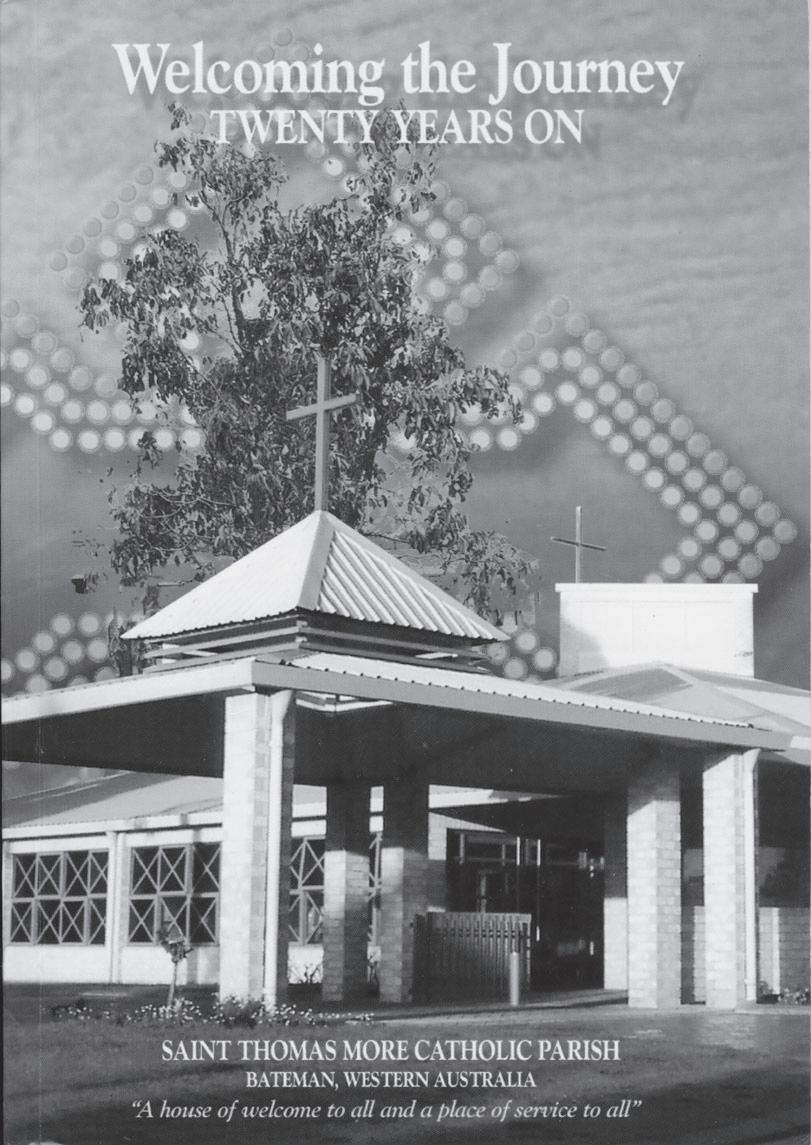
in the Church’s calendar is always the Resurrection – the cornerstone of our faith, without which, St Paul says, we would have none. It is not uncommon for parishes to go to great lengths to put on a show to remember, especially for the Catholics who only attend these major liturgical events. But sometimes, the message can also be lost in the extravagance of a liturgical celebration - all glitter, no substance. It is significant, then, that at Bateman’s Good Friday Veneration of the Cross, participants leave with the full realisation that God has just sacrificed His Son to save us deeply flawed humans.
It is so for the entire Easter
cool, children as a burden, and love as something that does not always have to lead to marriage and a family.
Such shows draw big audiences and are very influential with women in their 20s and 30s.
An October poll for the Health and Welfare Ministry found that 71 per cent of unmarried men considered marriage “necessary” while the same percentage of unmarried women preferred a good job to marriage.
More than a third of married women now say that having children is not a priority - up from 9 per cent in 1998.
The birthrate fell in 2005 to a record low of 1.08, setting South Korea up to be the world’s most aged society by 2050. And the TV writers? Ten men and 22 women turned out to the seminar.
The women said it was difficult to have a family and a television career. One said it was more exciting to write about families with problems than to write about happy families.
The writers balked at writing more kids into prime time scripts - they would have to give each a line and it would be too much work.
Week. On Holy Thursday night, as the parish priest sings the full Eucharistic Prayer, the intense focus on the Eucharistic elements is celebrated after the three priests (two assistants) wash the feet of parishioners, acknowledging the service of the local community.
Recalls Angela McCarthy in the book: “We come to a point of grief when we understand the pain of expectation. Jesus expects to die and we are moved by his pain.
“We leave in silence and a sense of distress. Are we also asleep with the disciples and unable to take the heat with Jesus?”
Any parish which brings parishioners to realise this must be doing something right.
Liberal colleges in the United States are providing co-ed rooms in their dormitories, many justifying the move as better accommodating homosexual and transsexual students.
If that reason strikes you as a little odd, the logic seems to be that the latter prefer someone of the opposite sex to a same-sex roommate “whom they may not be comfortable around, or who may not accept them.”
Some 20 universities and colleges now offer this choice - most of them only to senior students. Students interviewed by the Christian Science Monitor insisted that most co-ed rooming was “strictly platonic”.
“Men and women are becoming just as good friends as if they were with their samesex friends,” says one student advocate. “The dynamics have changed. I think the opposite sex is no longer really such a mystery as it was before.”
It appears many parents are unaware of the option, which relatively few (several dozen at most schools) students take up anyway. Although students played down difficulties, one said there was a problem when a roommate dated a neighbour - known as “hallcest” or “dormcest”.
■ DENMARK Holiday House 3bdr x 2bath, sleeps up to 8. BOOK NOW. Ph: Maria 0412 083 377.
■ FAMILY/GROUP ACCOMMODATION
Fully furnished luxury beach houses, Perth metro. Visit www.guadaluplehill.com Call 0400 292 100
■ ROOM TO RENT
Mature Christian lady offers board to working person of integrity. References required. Ph/fax 9279 5145.
■ ALL AREAS Mike Murphy 0416 226 434
■ BRICK REPOINTING Phone Nigel 9242 2952
■ PERROTT PAINTING PTY LTD For all your residential, commercial painting requirements. Phone Tom Perrott 9444 1200
■ PICASSO PAINTING Top service. Phone 0419 915 836, fax 9345 0505
■ CATHOLICS CORNER Retailer of Catholic products specialising in gifts, cards and apparel for baptism, communion and confirmation. Ph: 9456 1777. Shop 12, 64-66 Bannister Road, Canning Vale. Open Mon-Sat.
■ RICH HARVEST YOUR CHRISTIAN SHOP
Looking for Bibles, CDs, books, cards, gifts, statues, baptism/communion apparel, religious vestments, etc? Visit us at 39 Hulme Court (off McCoy St), Myaree, 9329 9889 (after 10.30am, Mon-Sat) We are here to serve.
■ REPAIR YOUR LITURGICAL BOOKS REPAIRS to all sorts of books and leather bindings;
Classifieds must be submitted by fax, email or post no later than 12pm Tuesday. For more information contact 9227
All pregnant women, regardless of their age, should be offered screening for Down syndrome in their first trimester, according to new practice guidelines issued today by the American College of Obstetricians and Gynaecologists.
Non-invasive screening tests developed over the last decade have made it possible to predict the risk of Down syndrome and certain other chromosomal abnormalities with high accuracy.
Those identified as being at risk can then be offered further screening with invasive, and more dangerous, tests such as amniocentesis or chorionic villus sampling, according to the guidelines published in the January issue of the journal Obstetrics & Gynaecology.
Invasive tests have previously been offered routinely to women older than 35, who are at the highest risk of bearing affected children. But the risks in older women have been managed so successfully that the largest number of Down syndrome children are now being born to younger women, according to Dr Edward McCabe of the Mattel Children’s Hospital at UCLA.
The committee that wrote the guidelines recognised “that counseling has been much more effective in the older group, and now it is important to begin looking at younger women,” he said.
The guidelines are already followed in most academic centres, but not in many private practices, especially in those that are small and in rural areas, said Dr Gautam Chaudhuri, executive chair of the obstetrics department at UCLA’s Geffen School of Medicine.
Down syndrome is caused by the presence of an extra copy of chromosome 21 and is characterised by congenital heart defects and mental retardation.
The risk is low — about one case for every 1,300 births — in young women, then increases sharply to one in 350 births beyond age 35 and one in 25 beyond age 45.
The original rationale for screening only older women was that the invasive tests could be dangerous for the fetus, leading to one death in about every 200 examinations. That risk has declined over the last decade.
Wednesday January 24
SIC NEW NORCIA/MARIST ANNUAL MASS AND REUNION Newman College, Empire Avenue, Churchlands. Mass will be celebrated by Marist old boy Priests at 4pm in the Newman College Chapel. The annual reunion event will follow in the college courtyard. BYO everything (BBQs available). SIC and Marist old boys most welcome. Enquiries: Ambrose Depiazzi 9387 1117 or 0419 912 187.
Wednesday January 31
THE JULIAN SINGERS
Do you like singing and music? Would you like to experience the joy and friendship of being in a choir? Join us. We commence practice for 2007 on 31st January and every Wednesday night from 7.30pm to 9.30pm at 36 Windsor St East Perth. We welcome all interested people. Enquiries to Chris 9276 2736 and Angela 9275 2066.
Saturday February 3
DAY WITH MARY
Holy Spirit Church, Cnr Keaney Place & Bent St. 9am – 5pm. A video on Fatima will be shown at 9am. A day of prayer and instruction based upon the messages of Fatima. Includes Sacrament of Penance, Holy Mass, Eucharistic Adoration, Sermons, Rosaries, procession of the Blessed Sacrament and Stations of the Cross. Please BYO lunch. Enq: Franciscan Sisters of the Immaculate 9250 8286
Sunday February 4
DIVINE MERCY
An afternoon with Jesus and Mary will be held at St Joachim’s Church, on the corner of Shepperton Road and Harper Street in Victoria Park, at 1:30pm. Program: Holy Rosary and Reconciliation, Sermon with Fr Dominic Mary FFI on St John De Britto, followed by Divine Mercy prayers and Benediction. Enq: John 9457 7771 or Linda 9275 6608
February 8 to March 8
INTERCESSORY PRAYER SEMINAR
Cathedral Praise Meeting, 450 Hay Street, Perth 7.45 pm every Thursday. Why should I pray this way? These seminars teach how to operate in the anointing, pray “in” the power of Holy Spirit and deal responsibly with spiritual forces. Free. Flame Ministries International (08) 9382 3668. www.flameministries.org/awesomeprogram
Sunday February 11
ST COLUMBA’S BAYSWATER 50TH ANNIVERSARY
The 50th Anniversary of the opening of the current church will be celebrated with a thanksgiving Mass at 11am, followed by a light luncheon in the Parish hall. An invitation is extended to past parishioners to attend this celebration, please contact Carolyn Kelly on 9271 1988.
Sunday February 11
ST CATHERIN E’S CHURCH GINGIN FEAST OF OUR LADY OF LOURDES
Starts noon. Holy Rosary, Exposition, Hymns, Benediction and Blessing of the Sick. 1.30 Marian Procession. 2.30 Holy Mass at the Grotto. 3.30
Afternoon tea provided. Coaches leave St Joachim’s, Maddington & Morley parishes. Bookings: Francis
Williams 9459 3873 or Mb 0404 893 877. Transport cost $16/pp return. Tea & Coffee provided. Contact Sheila 9575 4023 or Fr Paul 9571 1839.
HELP AVAILABLE
“Are you suffering from mental illness or know someone that is. Depression, anxiety/panic attacks etc? Could you do with some help in understanding your/their illness? Do you know how to get help when you need it? For more information contact Emmanuel Centre 93288113 or email emmanuel2@iinet.net
IS YOUR SON OR DAUGHTER UNDECIDED AFTER SCHOOL?
If your child’s finished school unsure of what they really want to do, offer them a productive year discovering God’s purpose for their life while learning practical life skills. They will develop leadership skills, communication and public speaking skills, and learn more about the Catholic faith and deepen their own faith in God. Contact Jane Borg (Acts 2 College) on 9202 6859 or 0401 692 690.
Every Friday
BIBLE STUDY AND NOVENA TO OUR FATHER
Every Friday 7.30pm at St Joachim’s in Vic Park. Bible study on Genesis followed by Novena to God, Our Father, both conducted by Fr Douglas Rowe. Enquiries to Yit 9310 1392, 0401 674 302.
DIVINE MERCY
Every Saturday afternoon at St Francis Xavier’s Church, 25 Windsor Street, East Perth from 2.30pm. Holy Hour will be held with exposition of the Blessed Sacrament, Holy Rosary and Divine Mercy Chaplet and prayers plus Reconciliation and Benediction. Concludes with Veneration of a first class relic of Saint Faustina Kowalska. Enquiries: John 9457 7771 or Linda 9275 6608.
TUESDAY NIGHT PRAYER MEETINGS
St Mary’s Cathedral Parish Centre, 450 Hay Street, Perth, 7pm. Come join us! Overcome the burdens in life making prayer your lifeline with Jesus. Personal healing in prayer, Rosary, meditation, Scripture, praise in song, friendship, refreshments. Be united with Our Lord and Our Lady in prayer with others.
Appreciate the heritage of the Faith.
First Sunday of the Month
DEVOTIONS IN HONOUR OF THE DIVINE MERCY
The Santa Clara Parish Community welcomes anyone from surrounding parishes and beyond to the Santa Clara Church, corner of Coolgardie and Pollock Sts, Bentley on the 1st Sunday of each month. The afternoon commences with the 3 o’clock prayer, followed by the Divine Mercy Chaplet, Reflection and concludes with Benediction.
BLESSED SACRAMENT ADORATION
Holy Family Church, Alcock Street, Maddington. Friday 8.30am Holy Mass followed by Blessed Sacrament Adoration till 12 noon. Every first Friday of the month, anointing of the sick during Mass. Enq. 9398 6350.
Wednesdays
SIGN LANGUAGE COURSE
Australian Sign Language (Auslan) Classes are
offered free of charge at Emmanuel Centre on Wednesdays at 1pm. If this does not suit you, other arrangements can be made. Please contact Fr Paul or Barbara at Emmanuel Centre, 25 Windsor St Perth 9328 8113.
QUEEN OF APOSTLES SCHOOL
If anyone has information on Queen of Apostles School, Riverton, used to go there or knows anyone who did please do one of the following to tell the extension group – Call 9354 1360 and ask to speak to Veronique or email your information to veronequeregnard@gmail.com.au or janellekoh@yahoo.com.au or you can put your information into the box in the office at Queen of Apostles School. Thanking you in anticipation. ST COLUMBA’S BAYSWATER Information is sought from past and present parishioners of St Columba’s Catholic Church (Roberts St Bayswater) for inclusion in a written history (1905 – 2007) of the parish. Photographs of Parish Priests, parishioners and events depicting the original and current Church greatly appreciated. Contact: Carolyn Kelly, St Columba’s History, PO Box 47 Bayswater 6053 WA. Telephone: 9271 1988.
ALCOHOLICS ANONYMOUS
Is alcohol costing you more than just money? Alcoholics Anonymous can help. Ring 9325 3566.
ATTENTION COUPLES
Have you or your spouse been diagnosed with a mental illness? Depression? Anxiety/ Panic Attacks? etc. Could you do with some help in understanding your/their illness? Do you know how to get help when you need it? We can help you to help each other through the Unconditional Love Program. For more information contact Amanda Olsen: 0407 192 641, or email: mandyfolsen@bigpond.com.au.
AL ANON FAMILY GROUPS
If a loved one’s drinking is worrying you – please call Al Anon Family Groups for confidential information meetings etc... Phone Number 9325 7528 – 24 hrs.
LINDA’S HOUSE OF HOPE APPEAL
To enable us to continue to provide and offer support for girls wishing to leave the sex trade we need your help. We have achieved already new offfices which are now complete at the rear of the shelter and are fully functional. Donations are also required to complete the internal layout of the shelter itself. Please send donations to Linda’s House of Hope PO Box Z5640, Perth, St George’s Tce 6831. Ph: 0439 401 009. All donations over $2 are tax deductible.
Monthly Monday Evening SCRIPTURAL PRAYER PROGRAM
The Council for Australian Catholic Women (CACW) is offering a Scriptural Prayer Program developed in the Jesuit tradition. This form of prayer can lead to more reflective living, greater spiritual depths and promotes lay spiritual leadership in the Church. Led by Kathleen Brennan (IBVM). Commences 29th Jan, 7.30pm, 49a Vincent St, Highgate. Enquiries: 9345 2555. All Welcome.
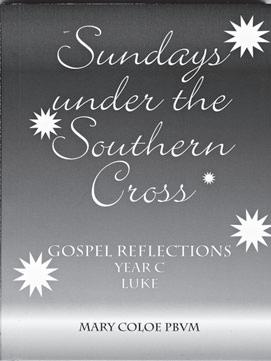


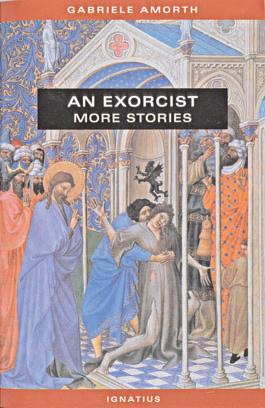
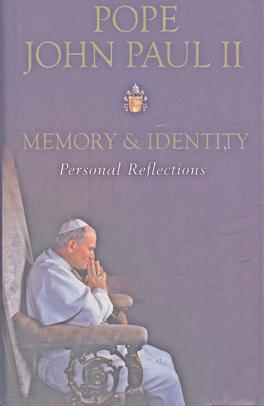

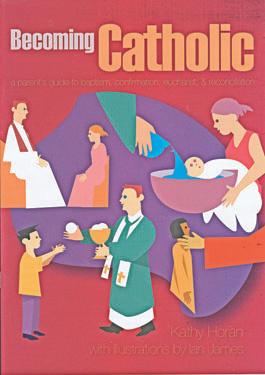
The Da Vinci Code Exposed compact disc, with Matthew Arnold Price normally $29.95 BUT pay only $10 with any order over $50.


God Owns Our Business Also Record Books 2006 47 pages, paperback
Pauline Smith gives us an inspir ing and challenging example of faith in action. She and her husband Laurie dare to believe and trust in God’s loving providence in every aspect of their lives, particularly in setting up and running a business in difficult circumstances. Jesus tells us “you will be my witnesses.” Pauline and Laurie are true witnesses. Pope Benedict has recently warned that we in the West are no longer able to hear God – too many frequencies are filling our ears.
Along with this hardness of hearing or outright deafness where God is concerned, we naturally lose our ability to speak with him and to him, and, so, we end up losing a decisive capacity for reception. Witness, which is what Pauline’s story really is, is what is needed to break through the deafness, the blindness afflicting so many in modern society.